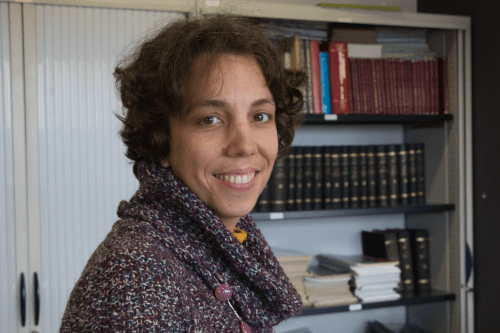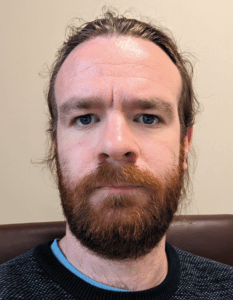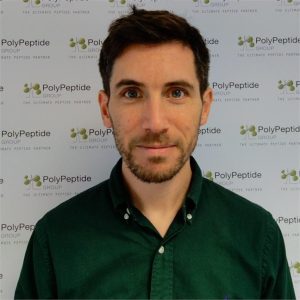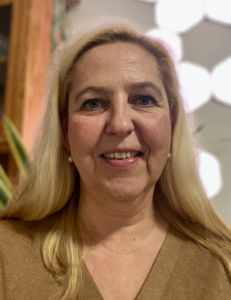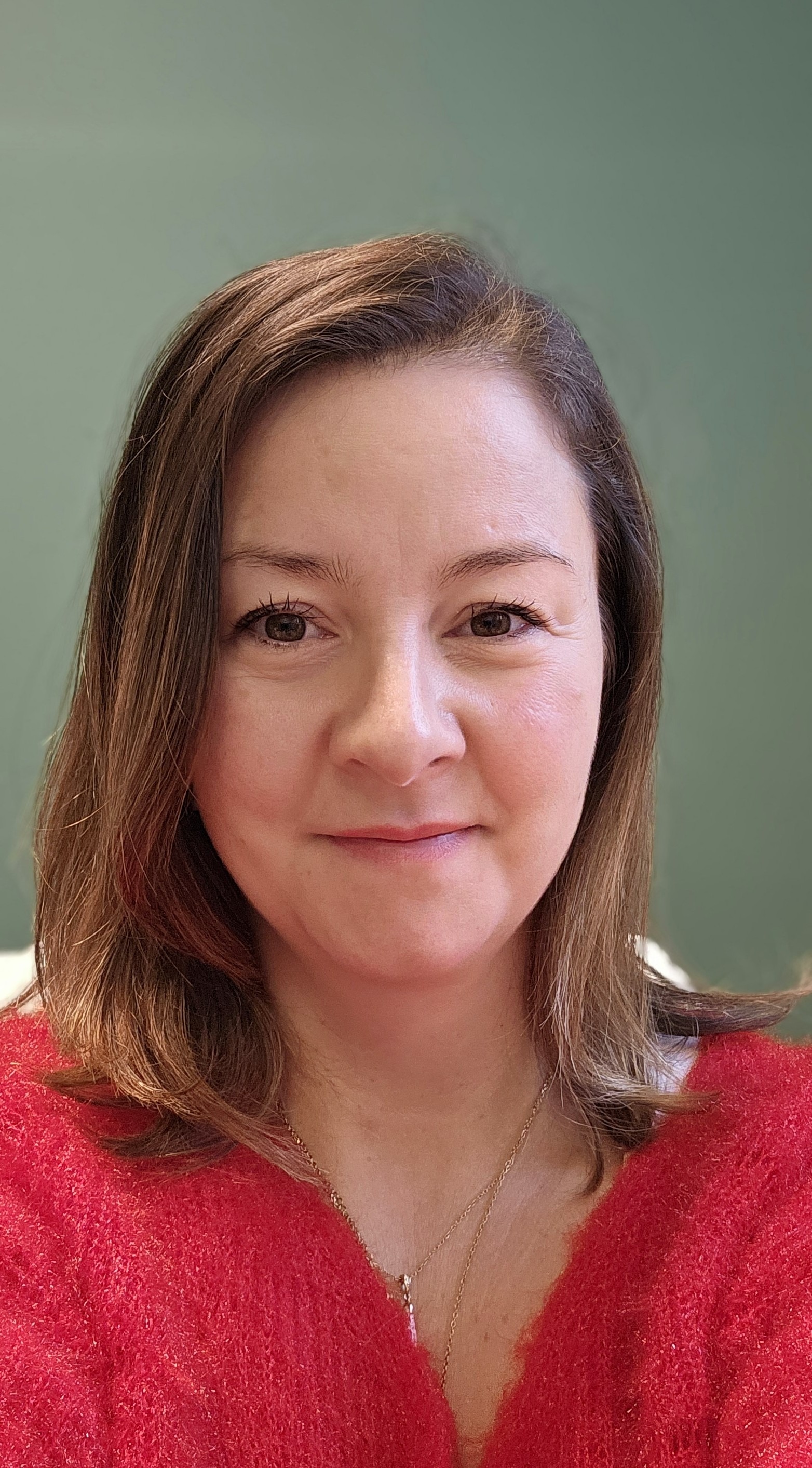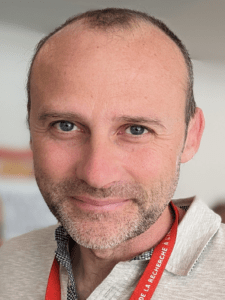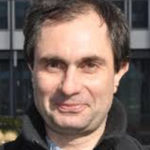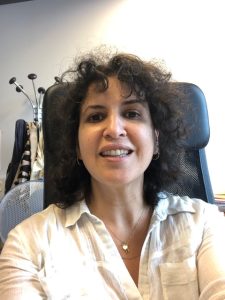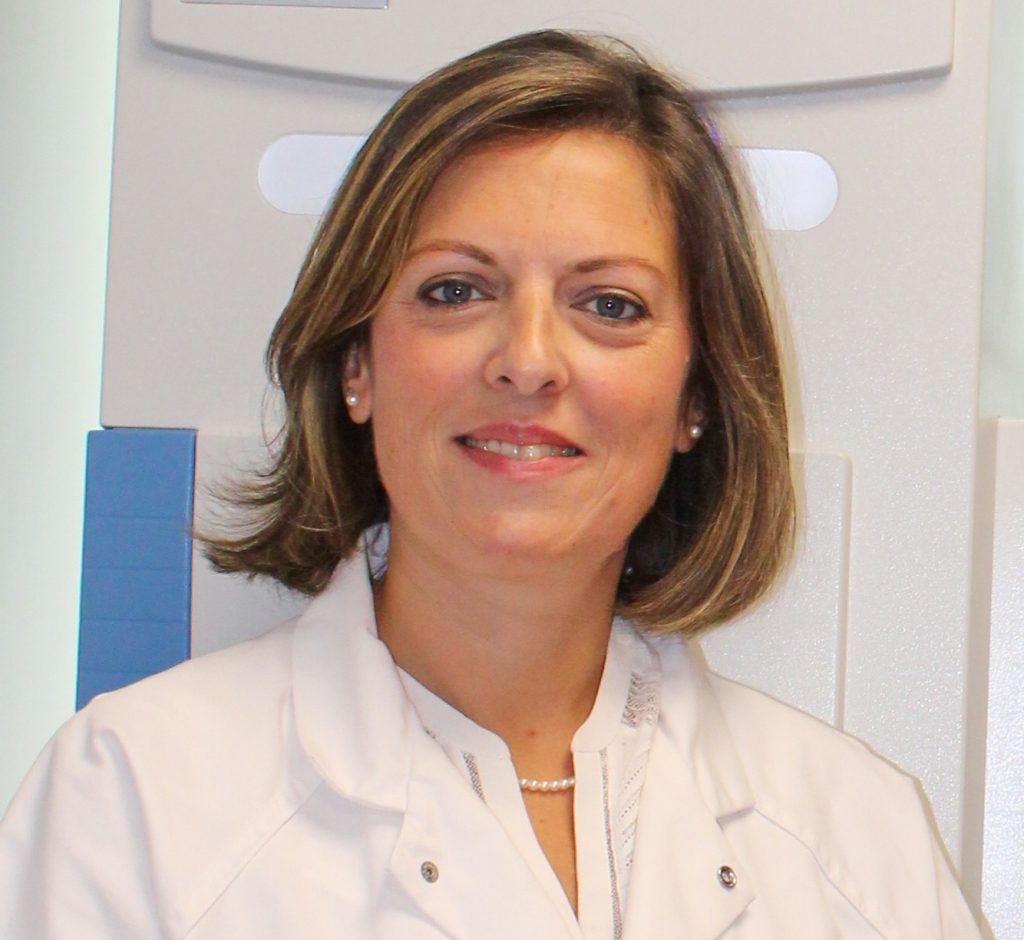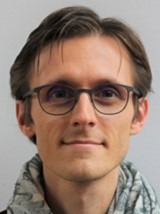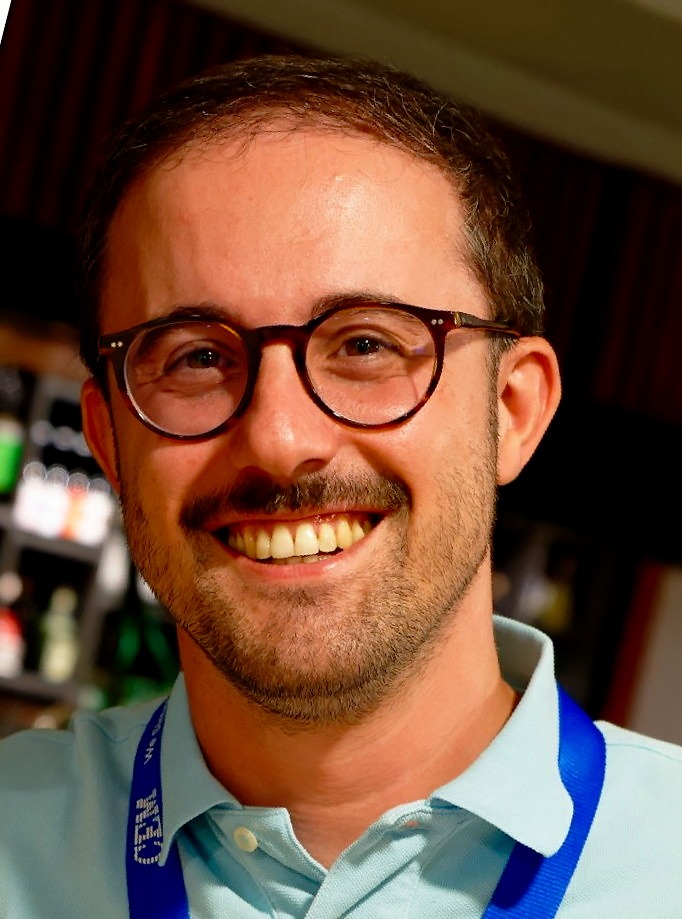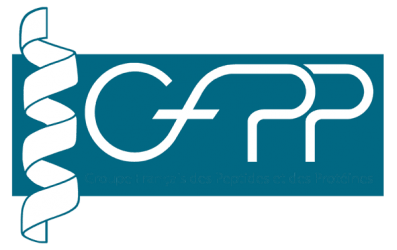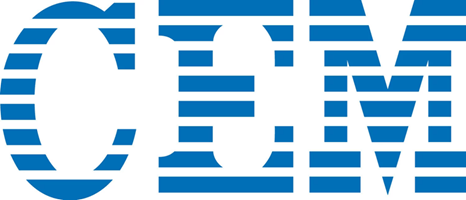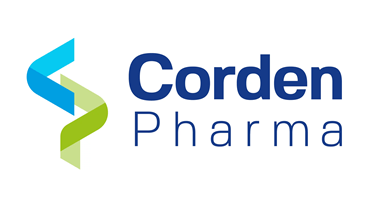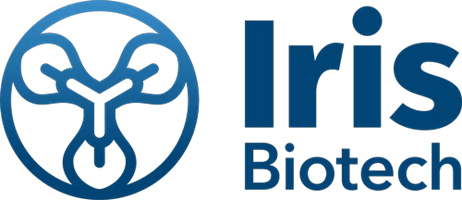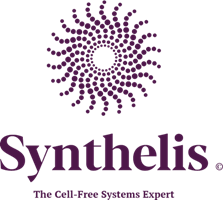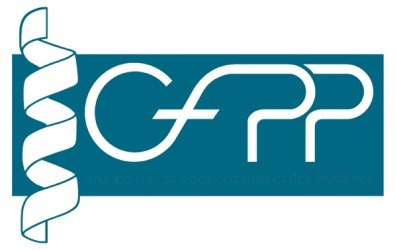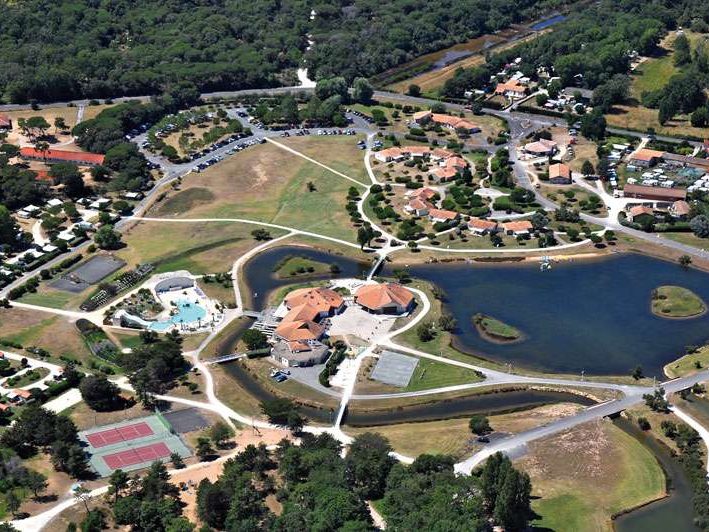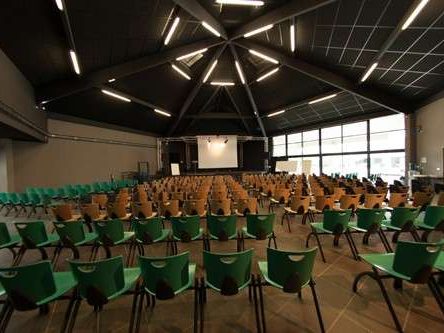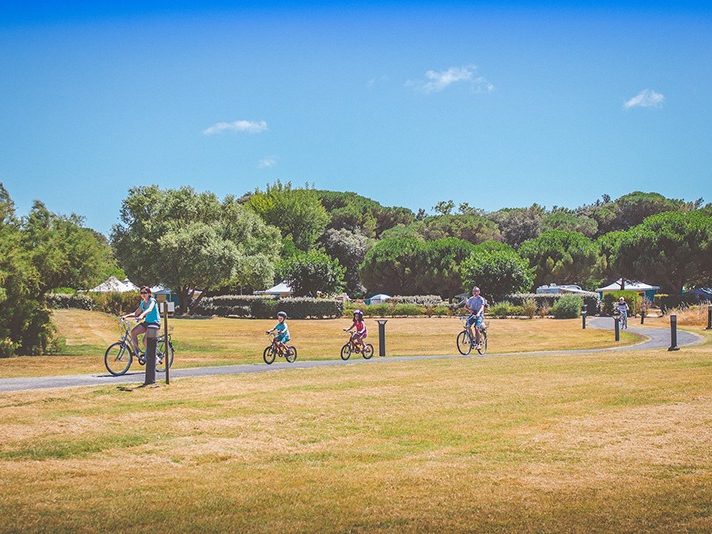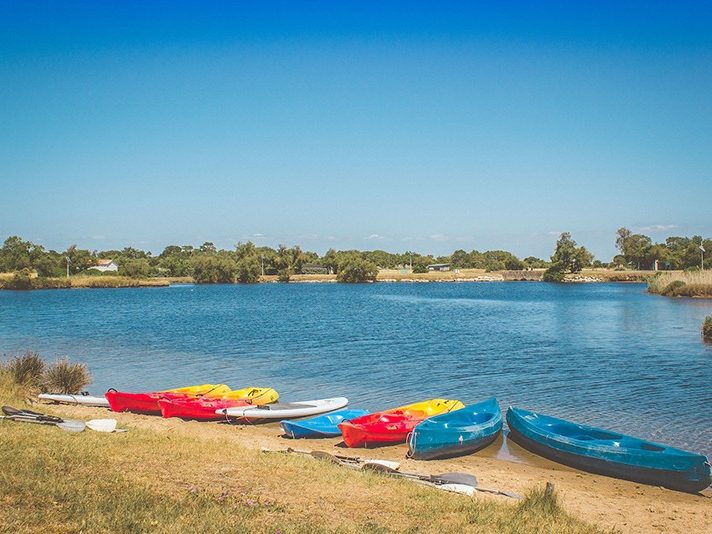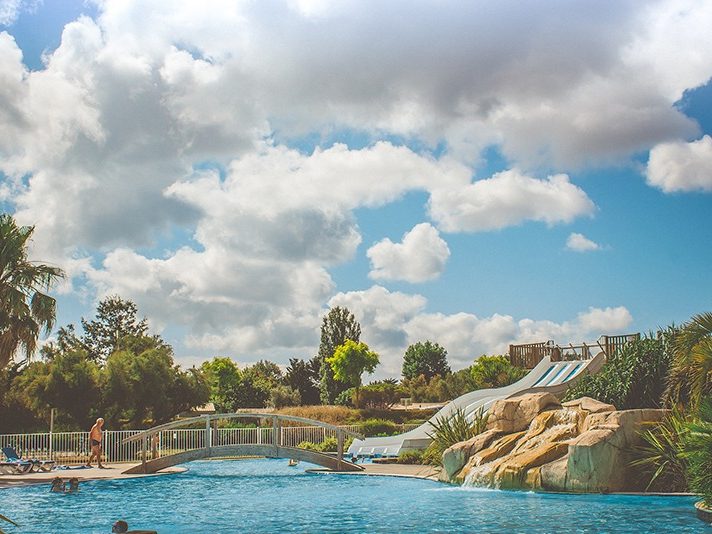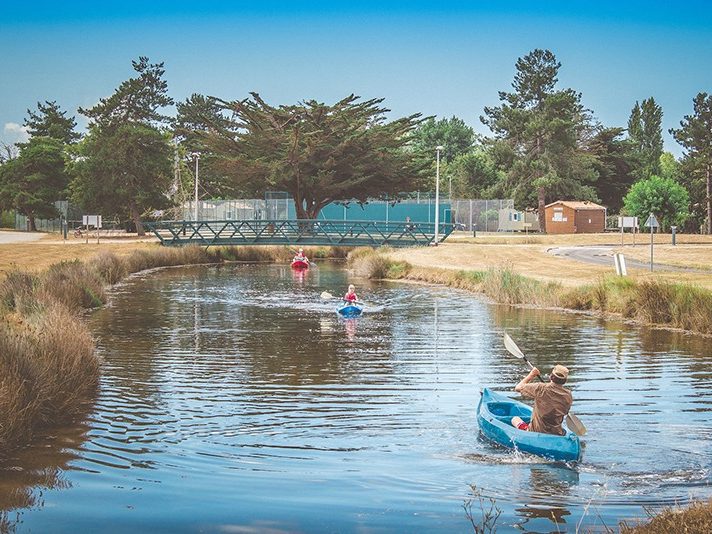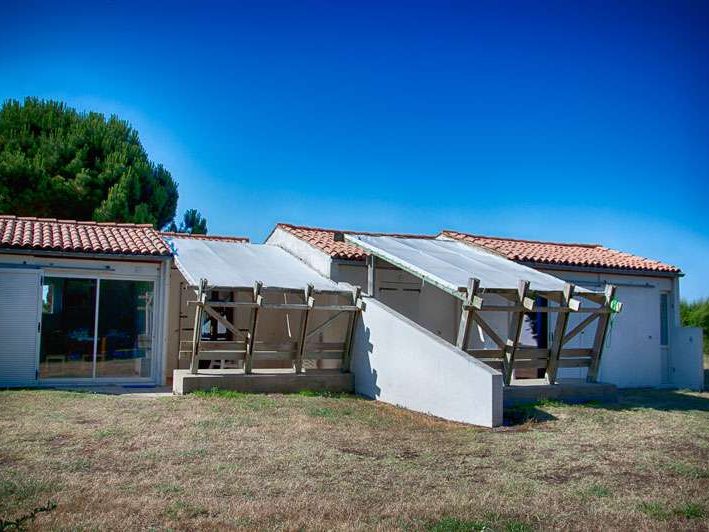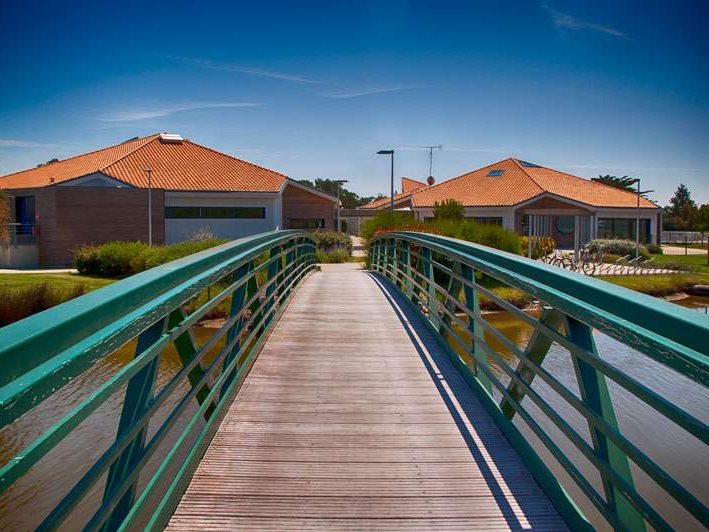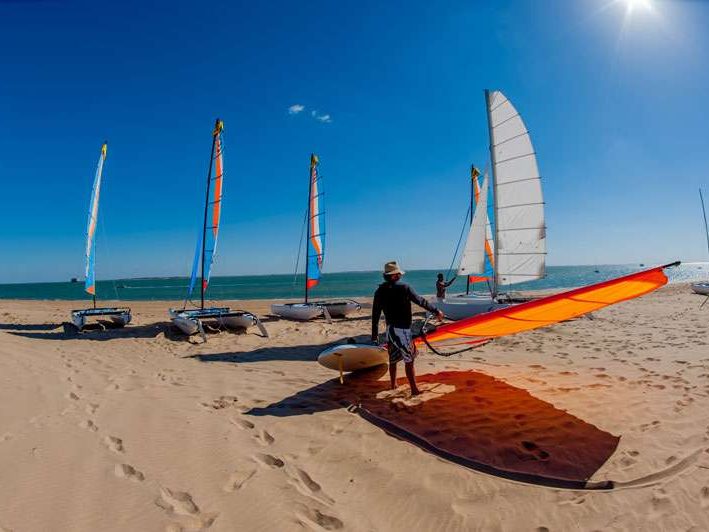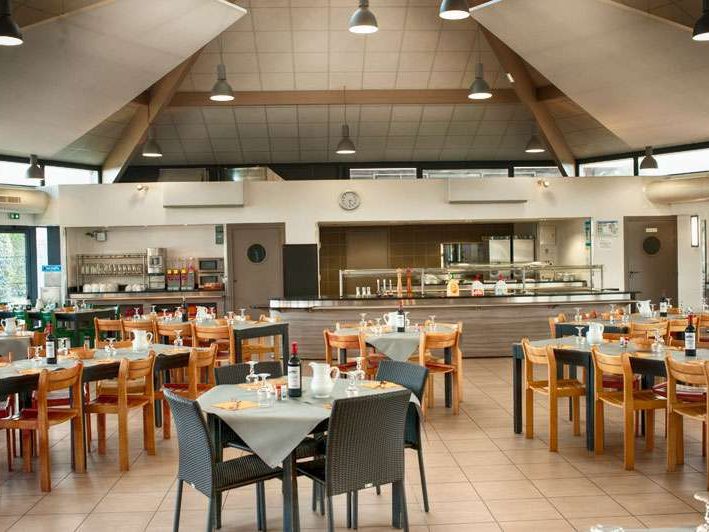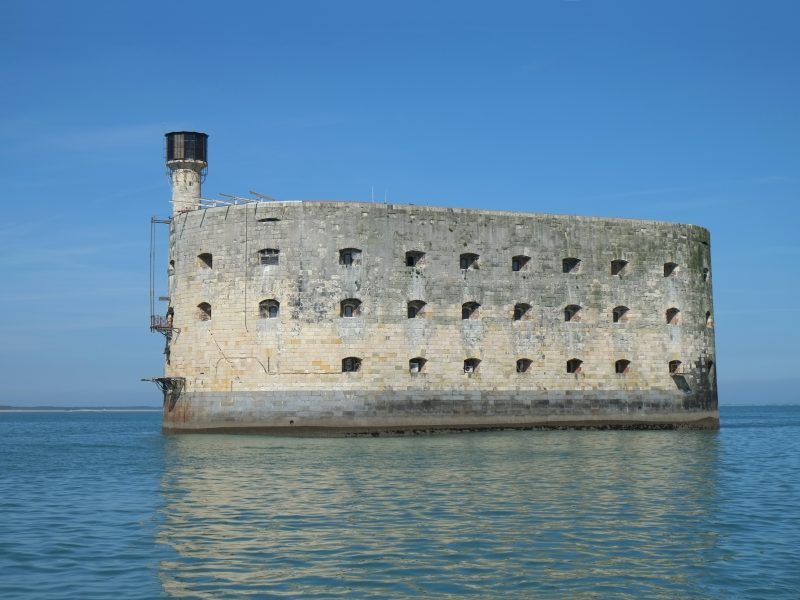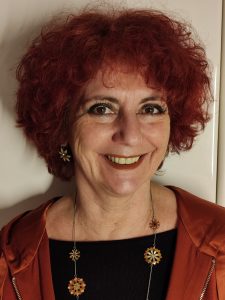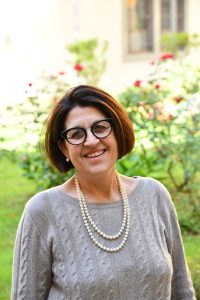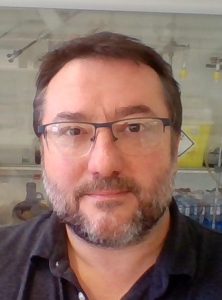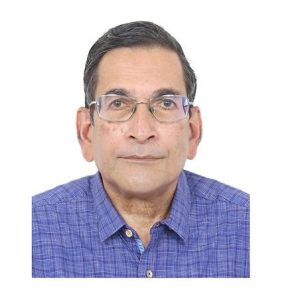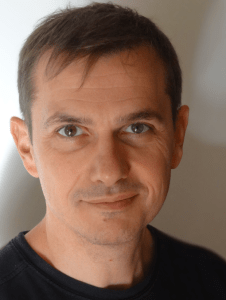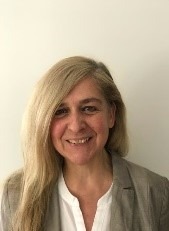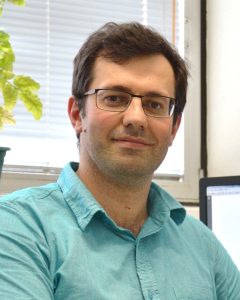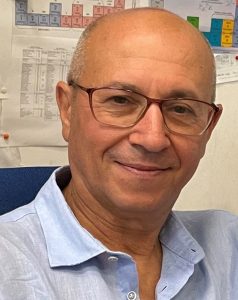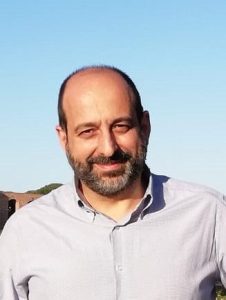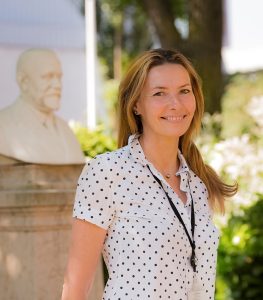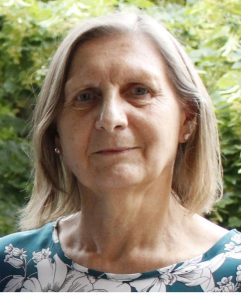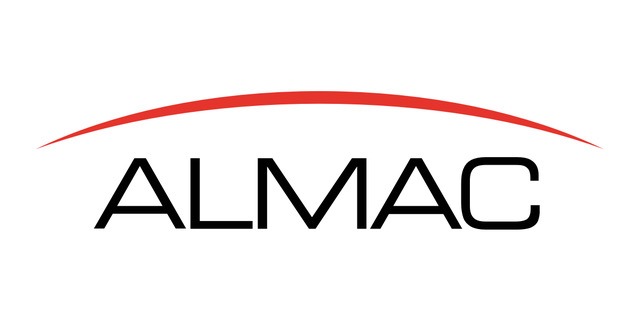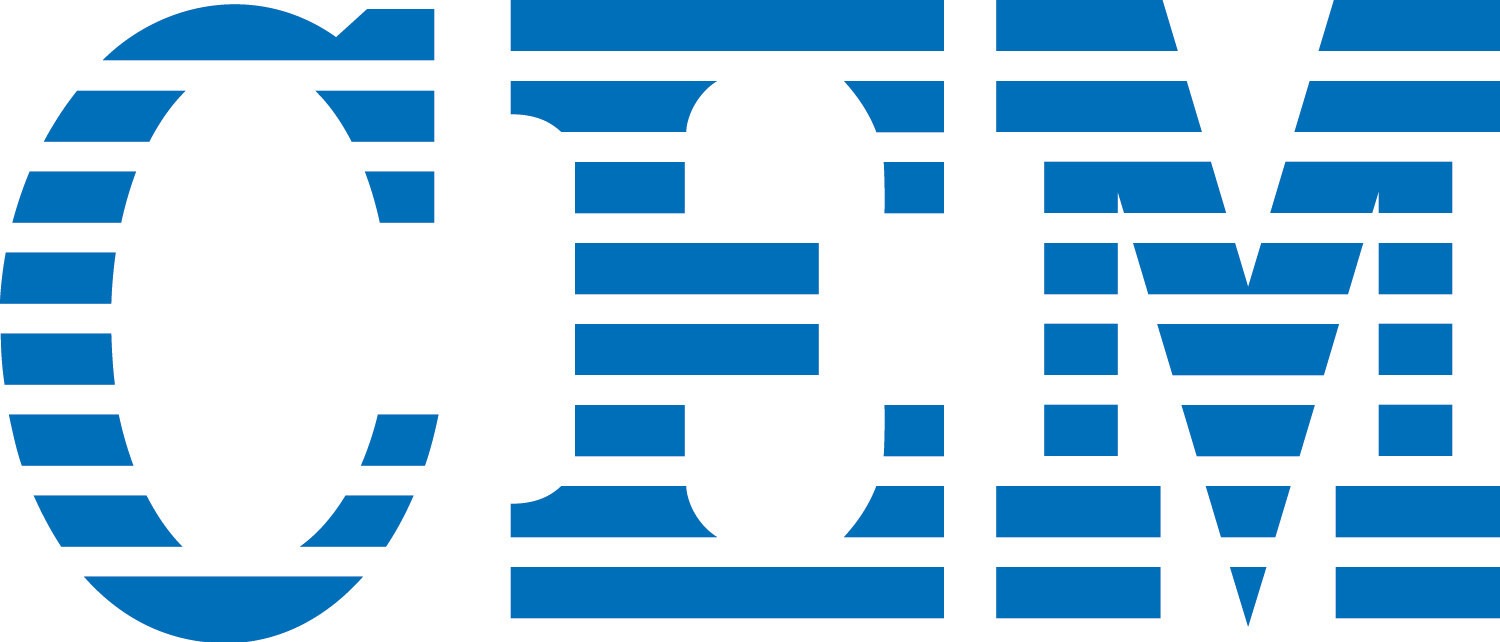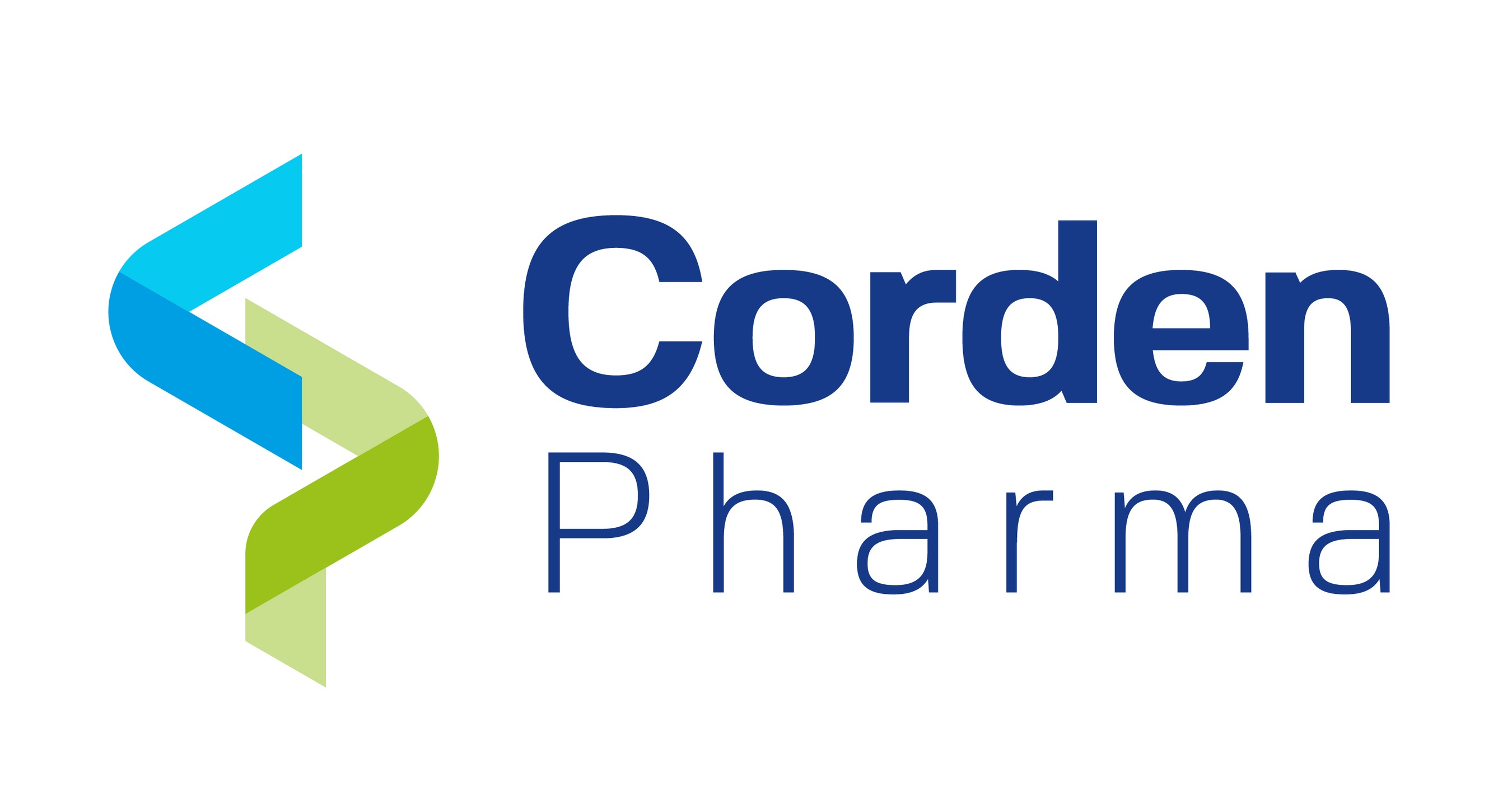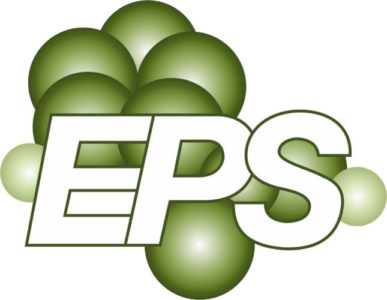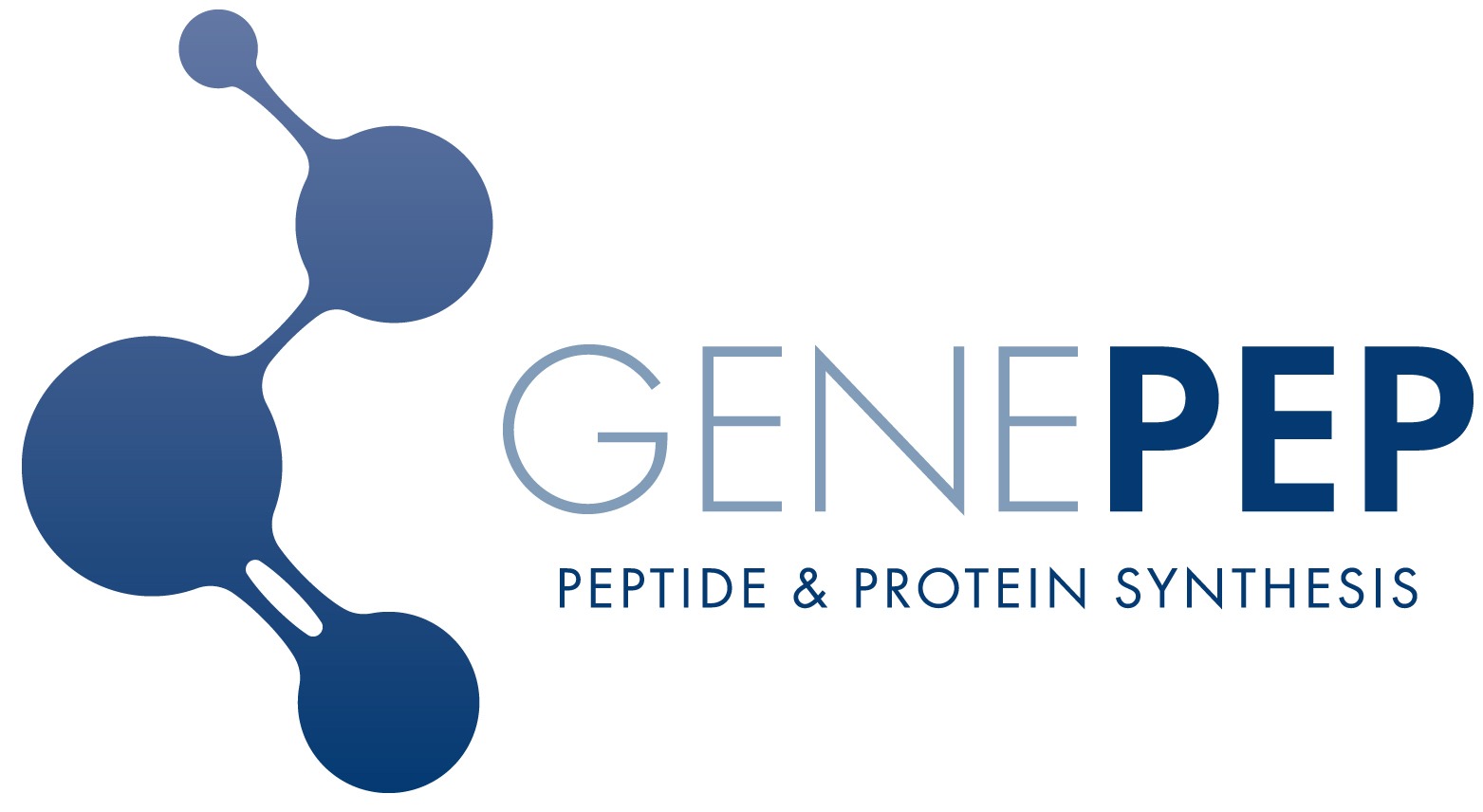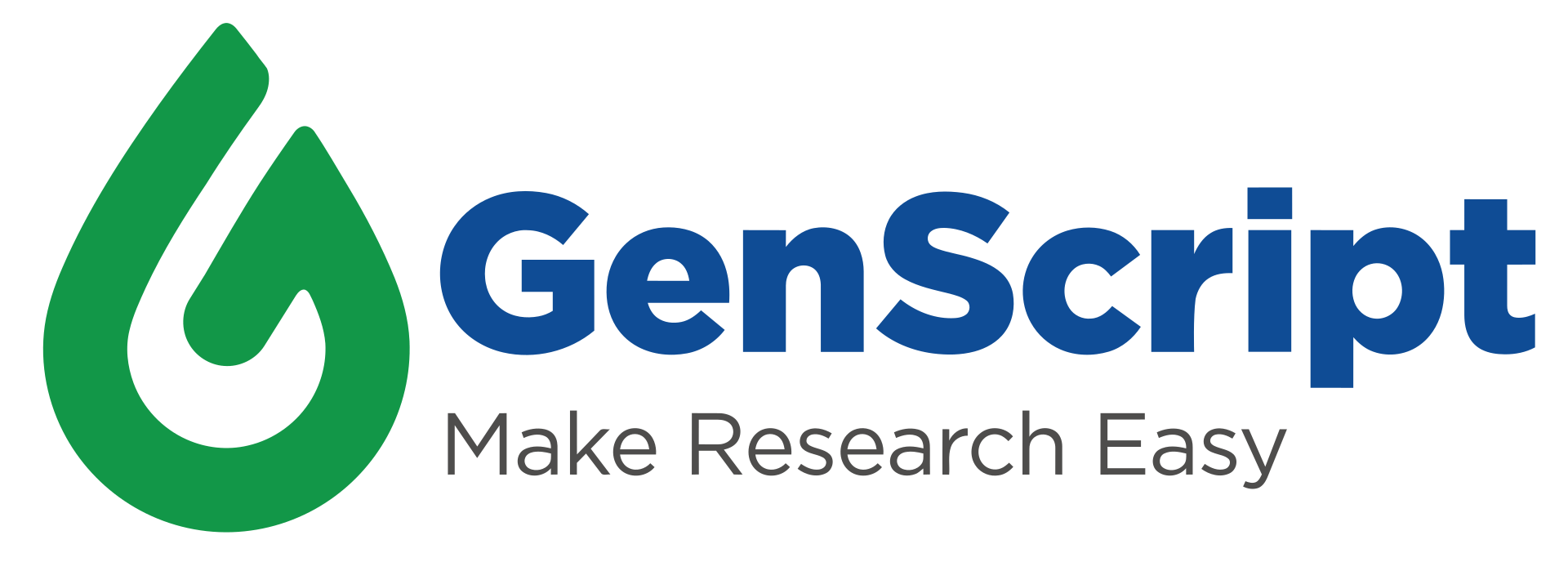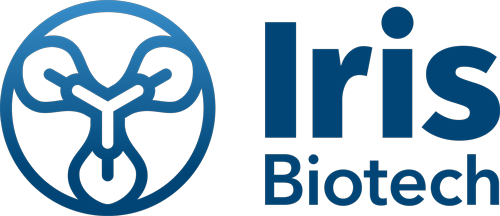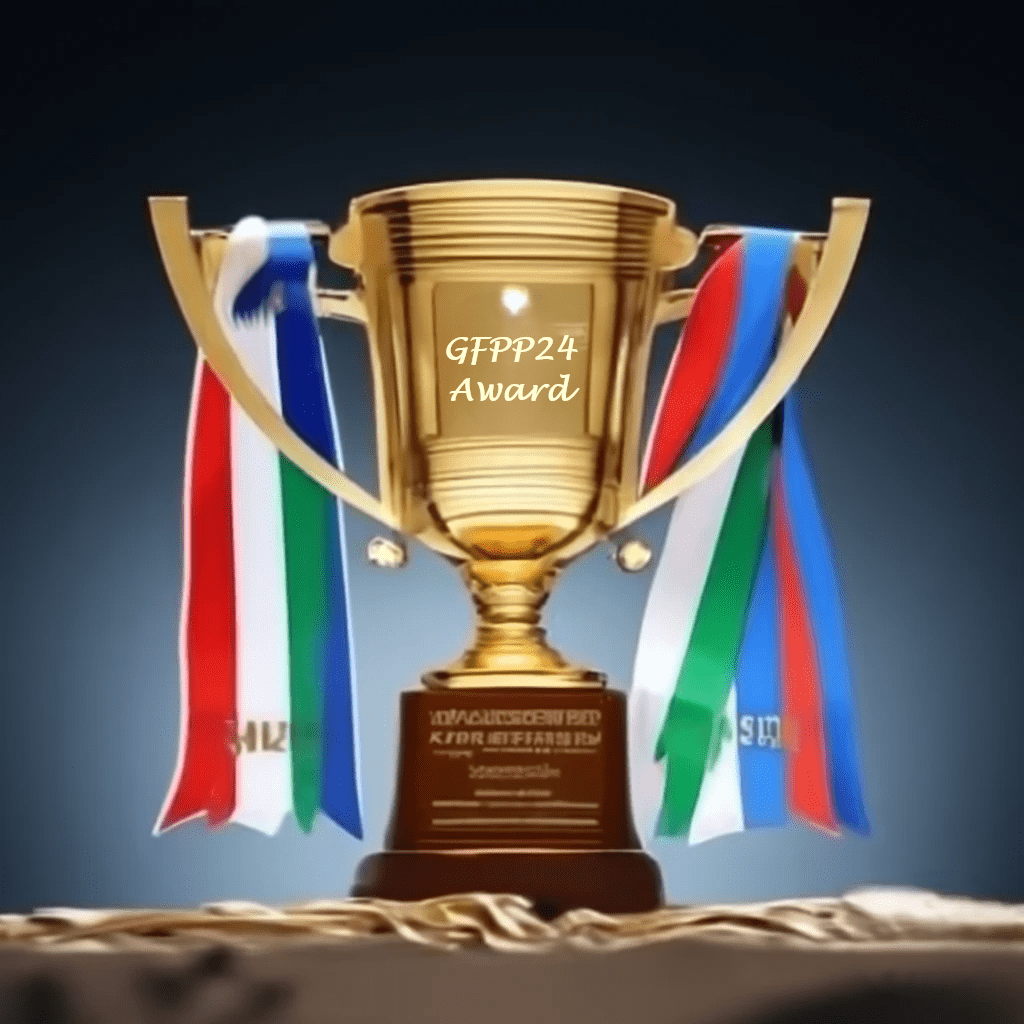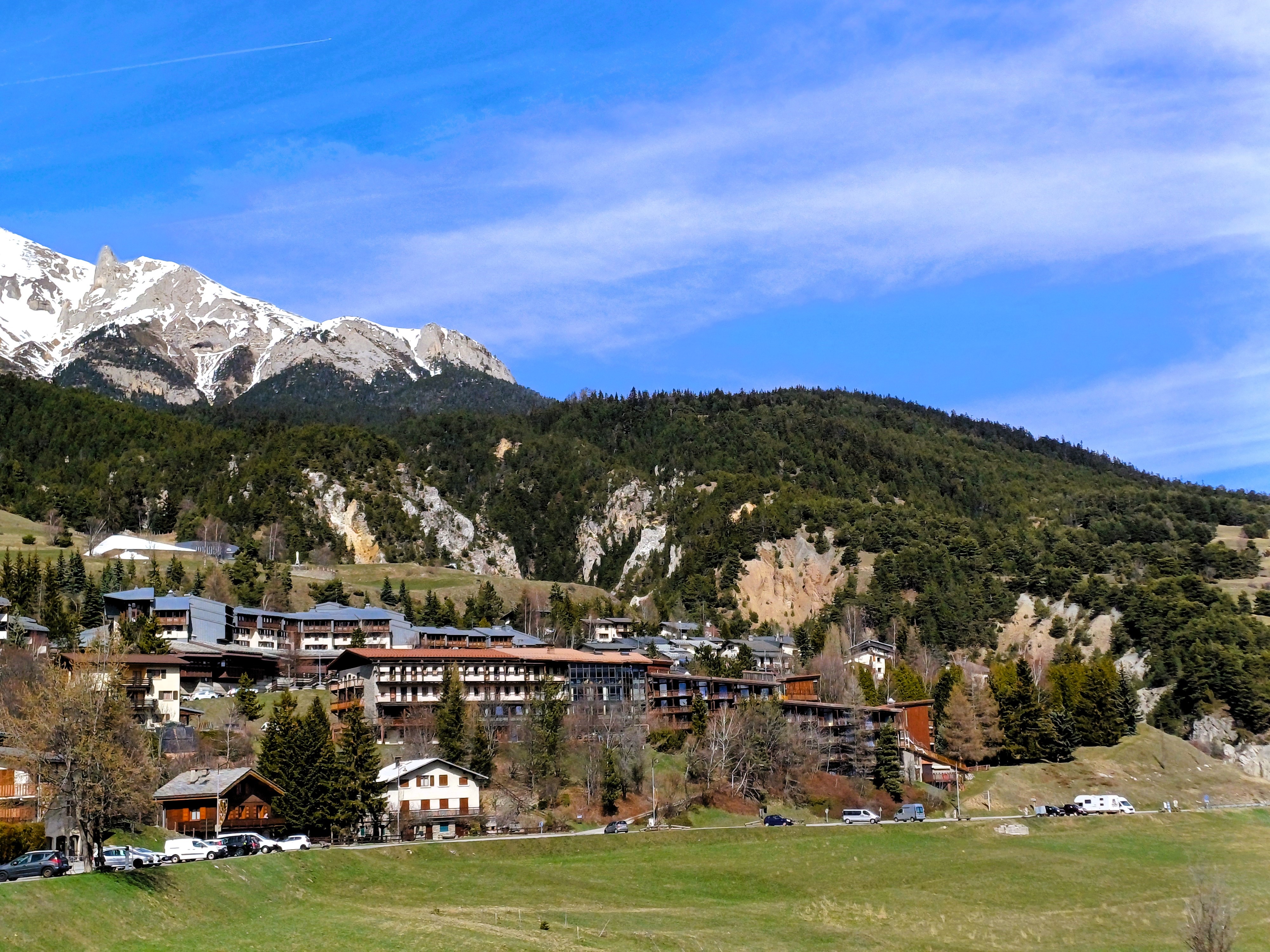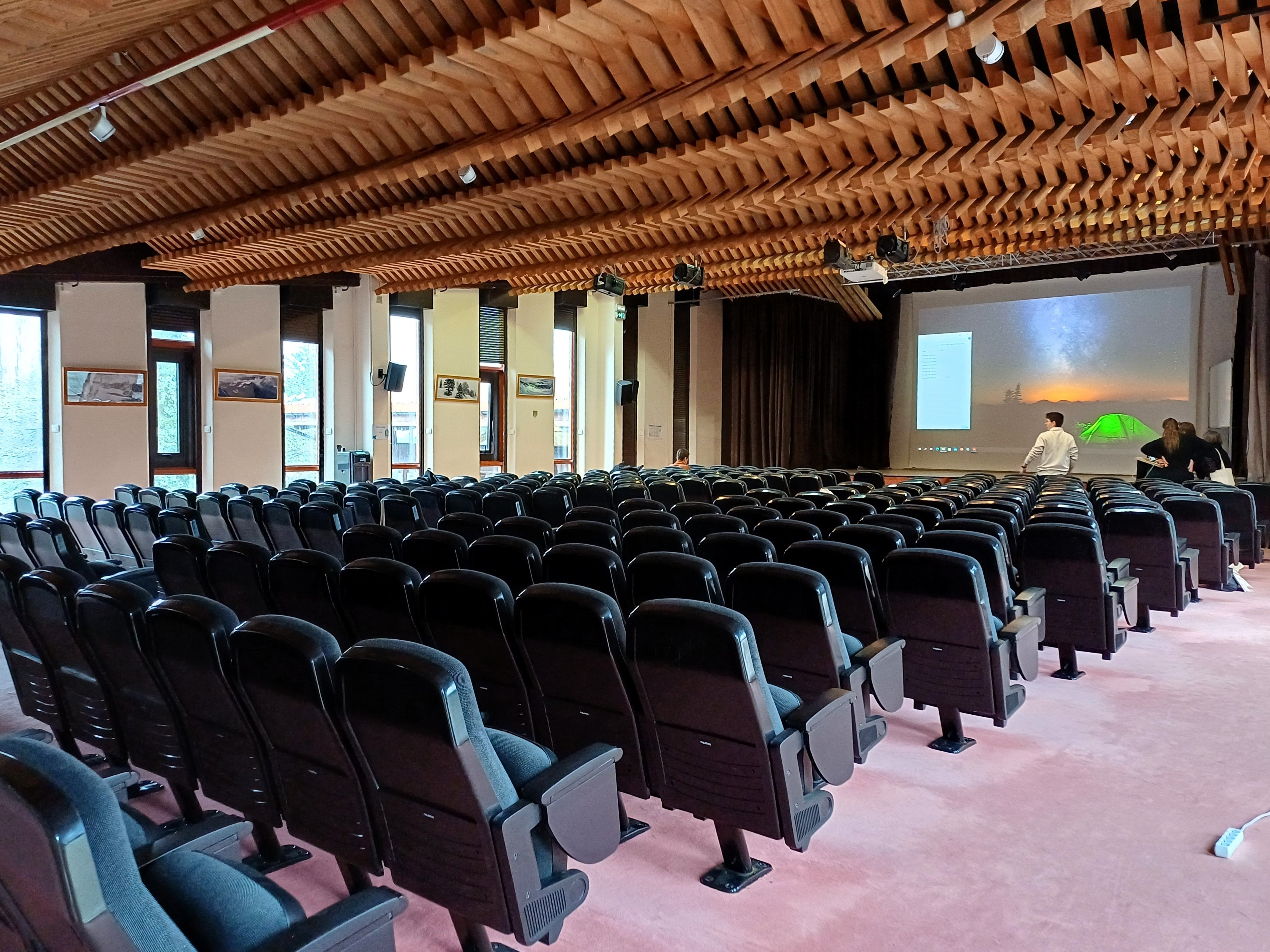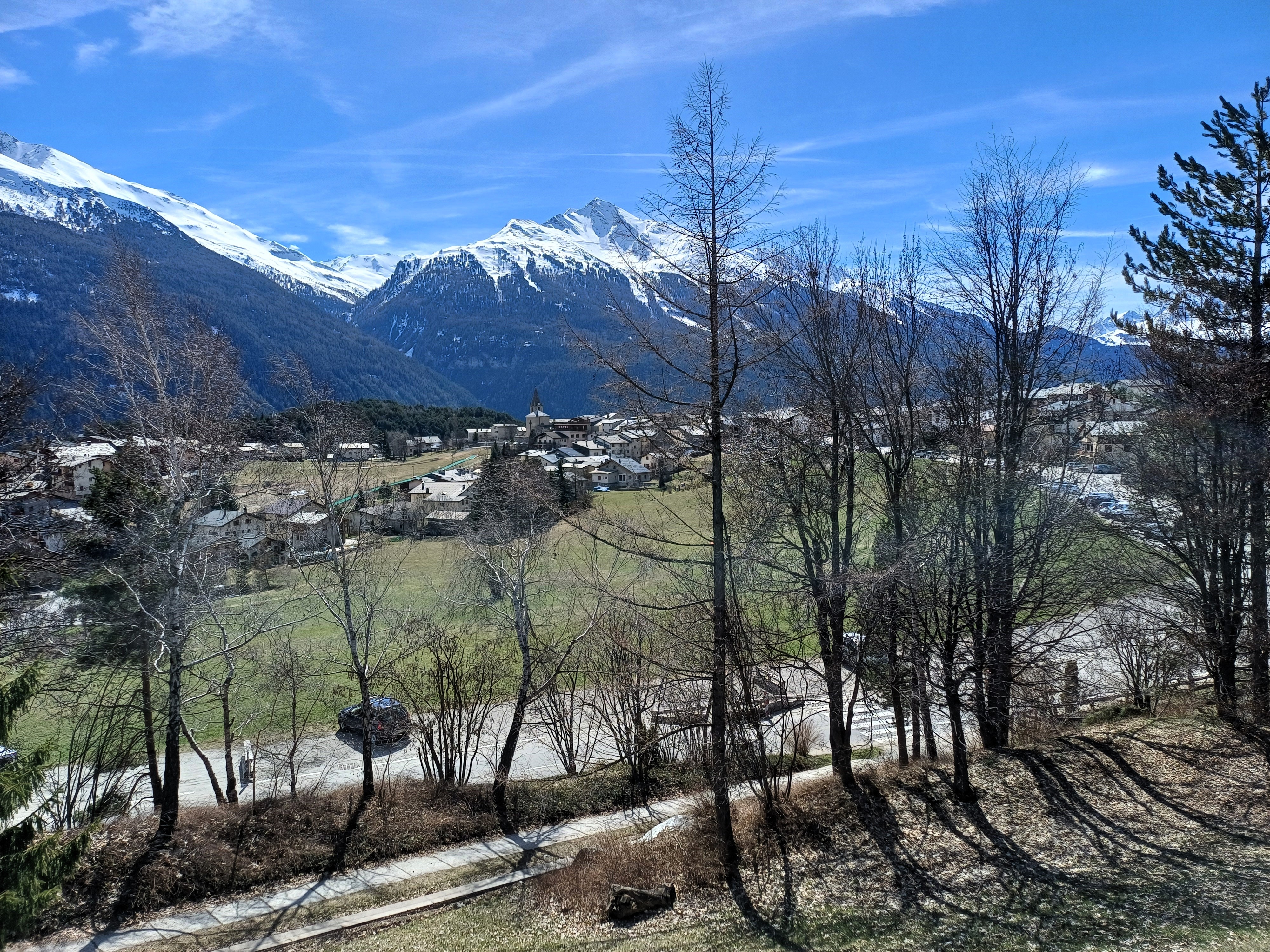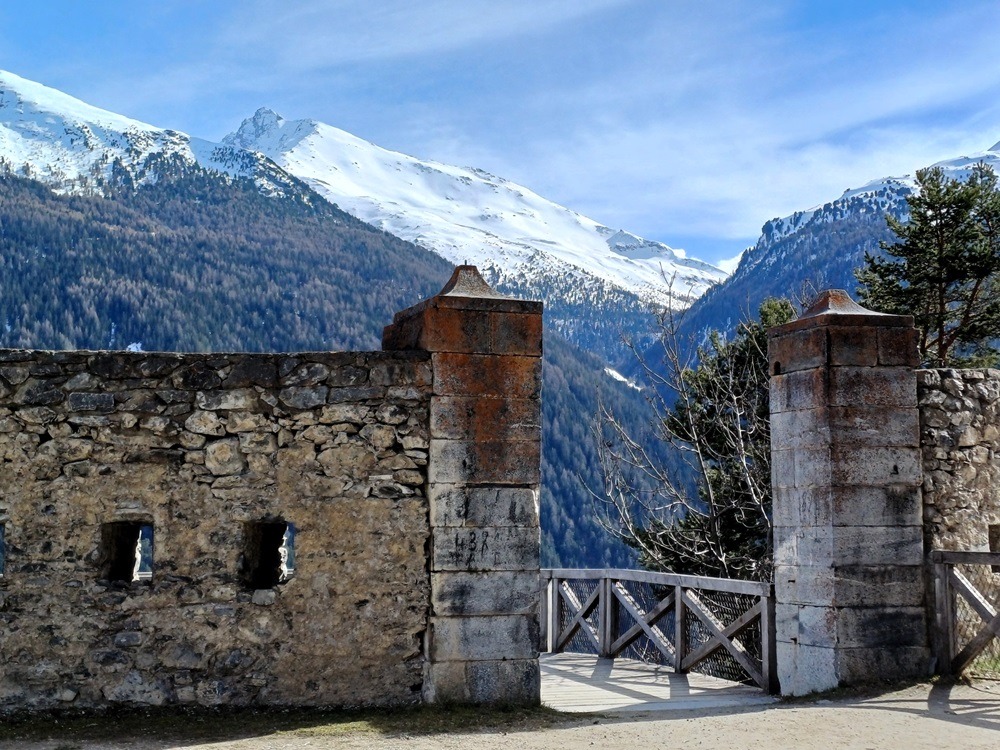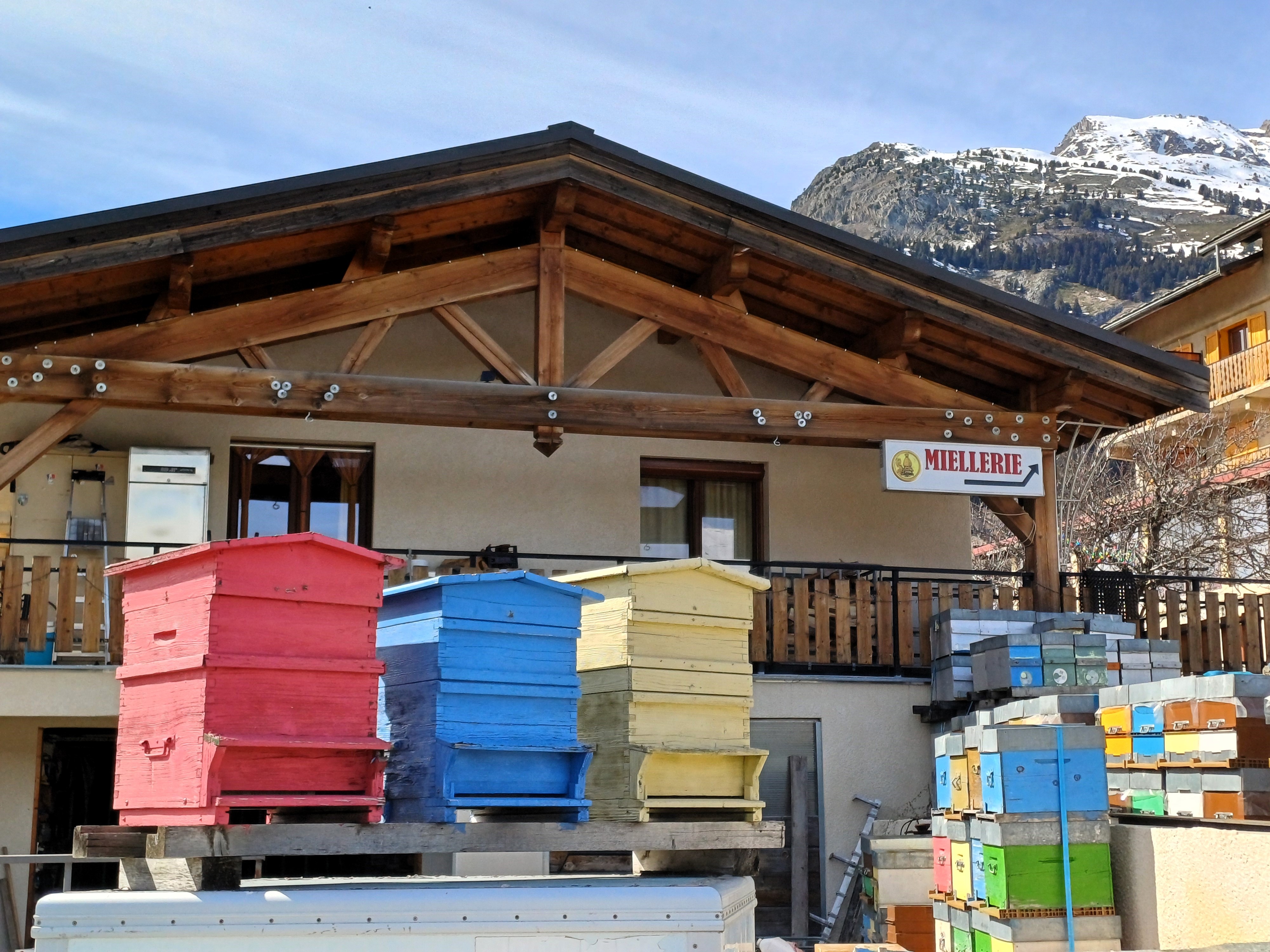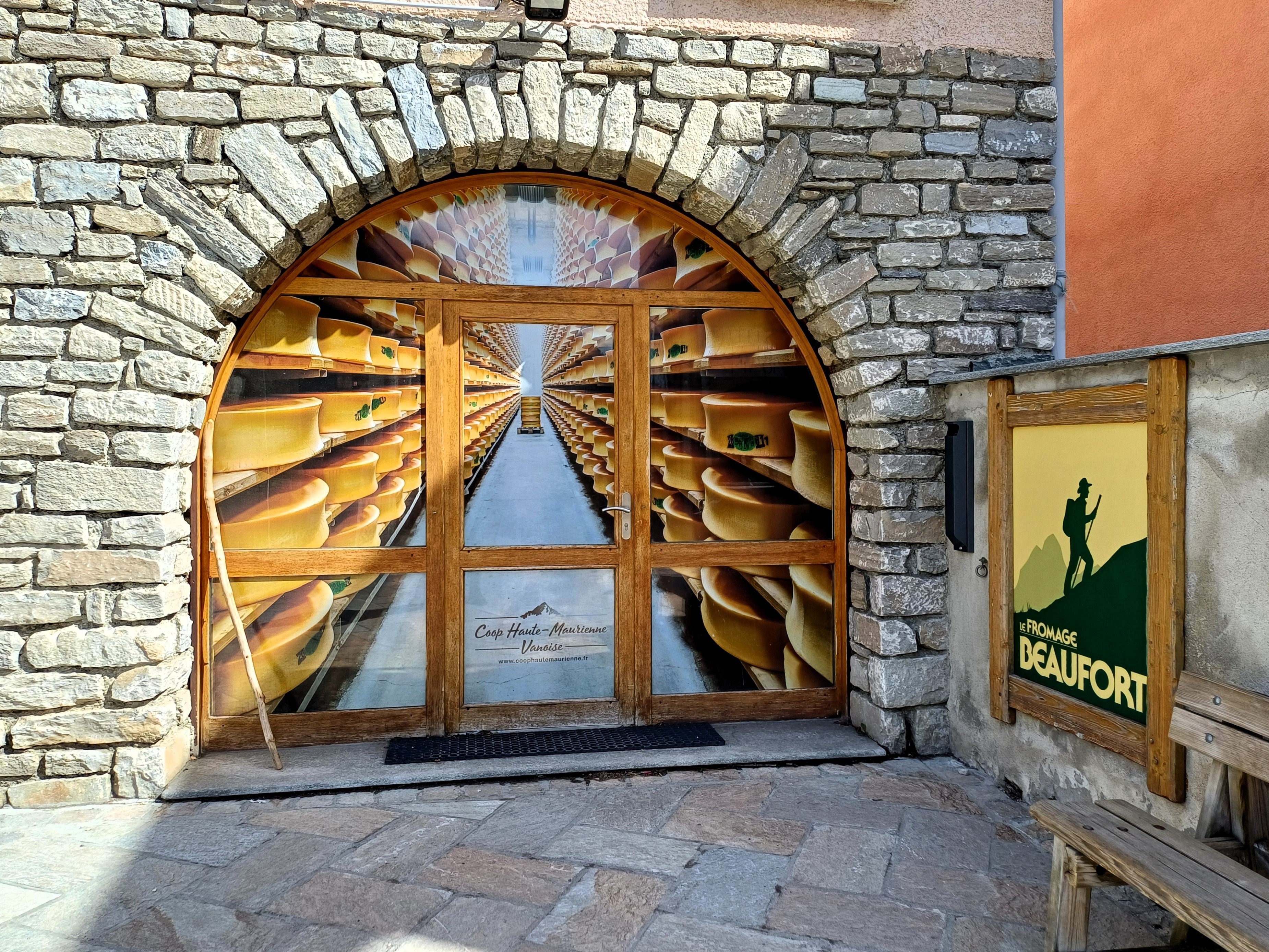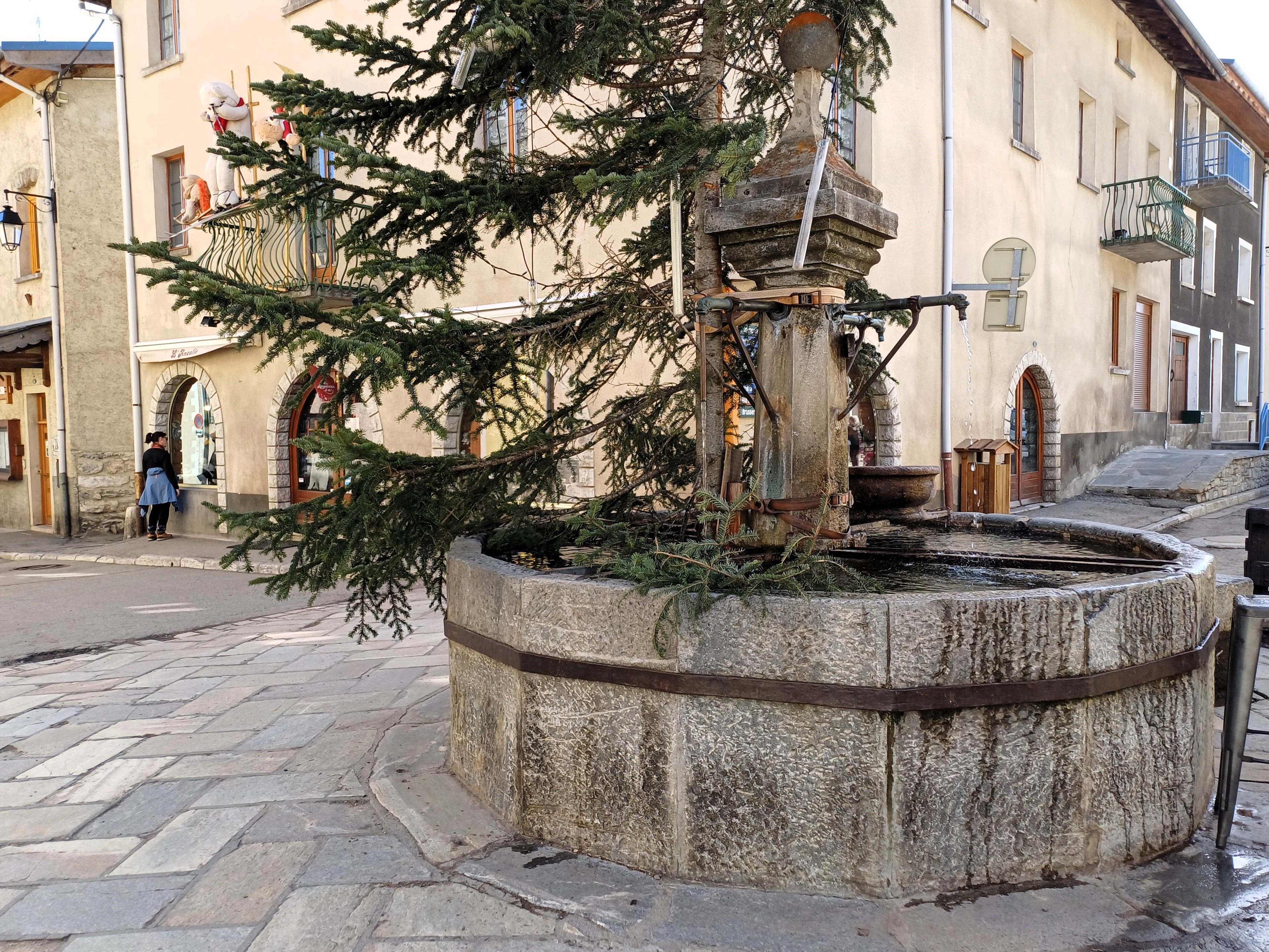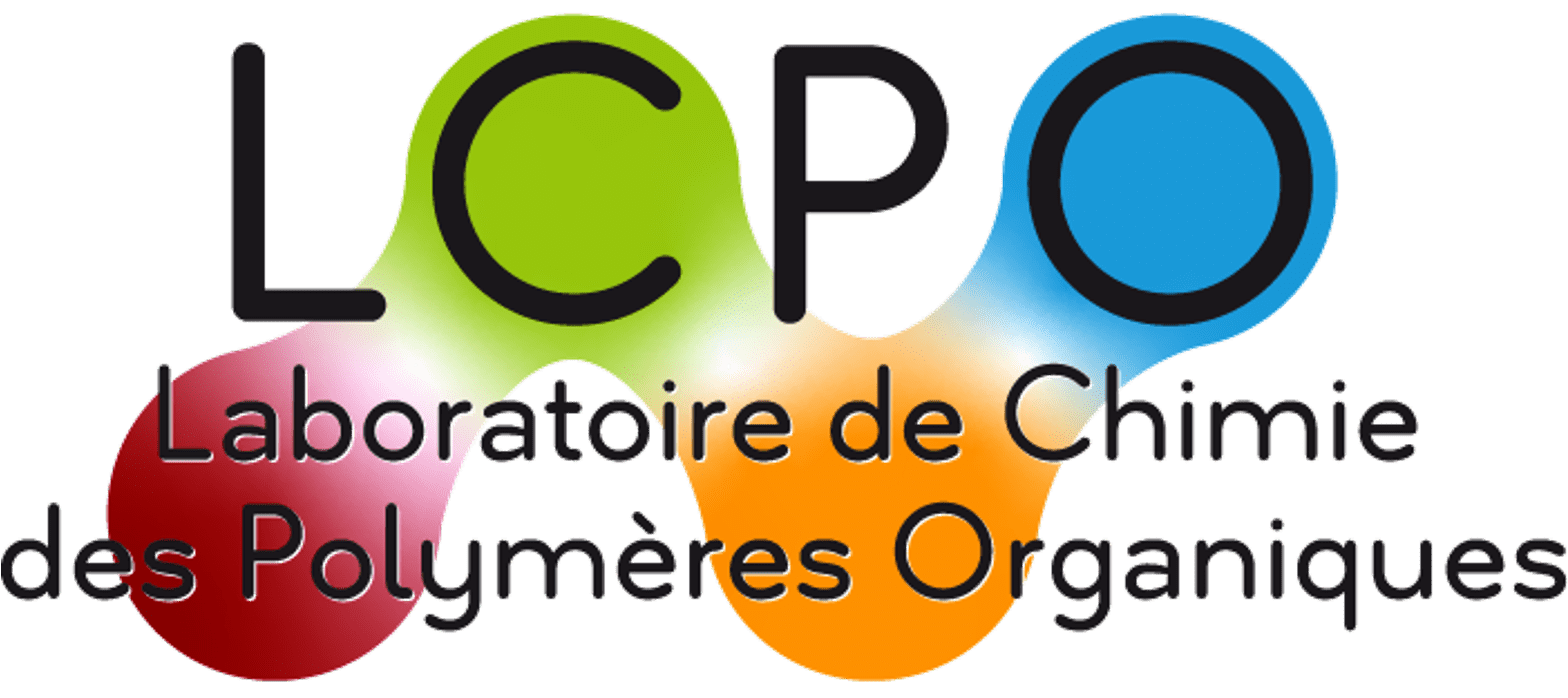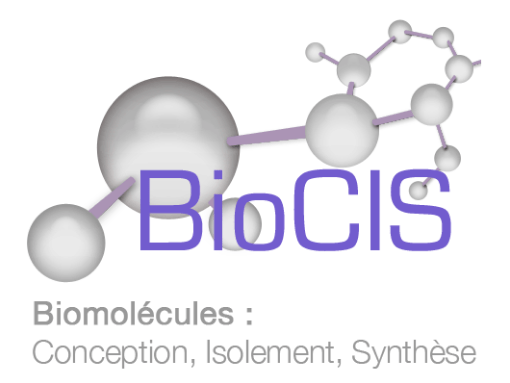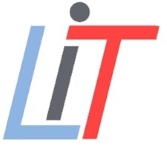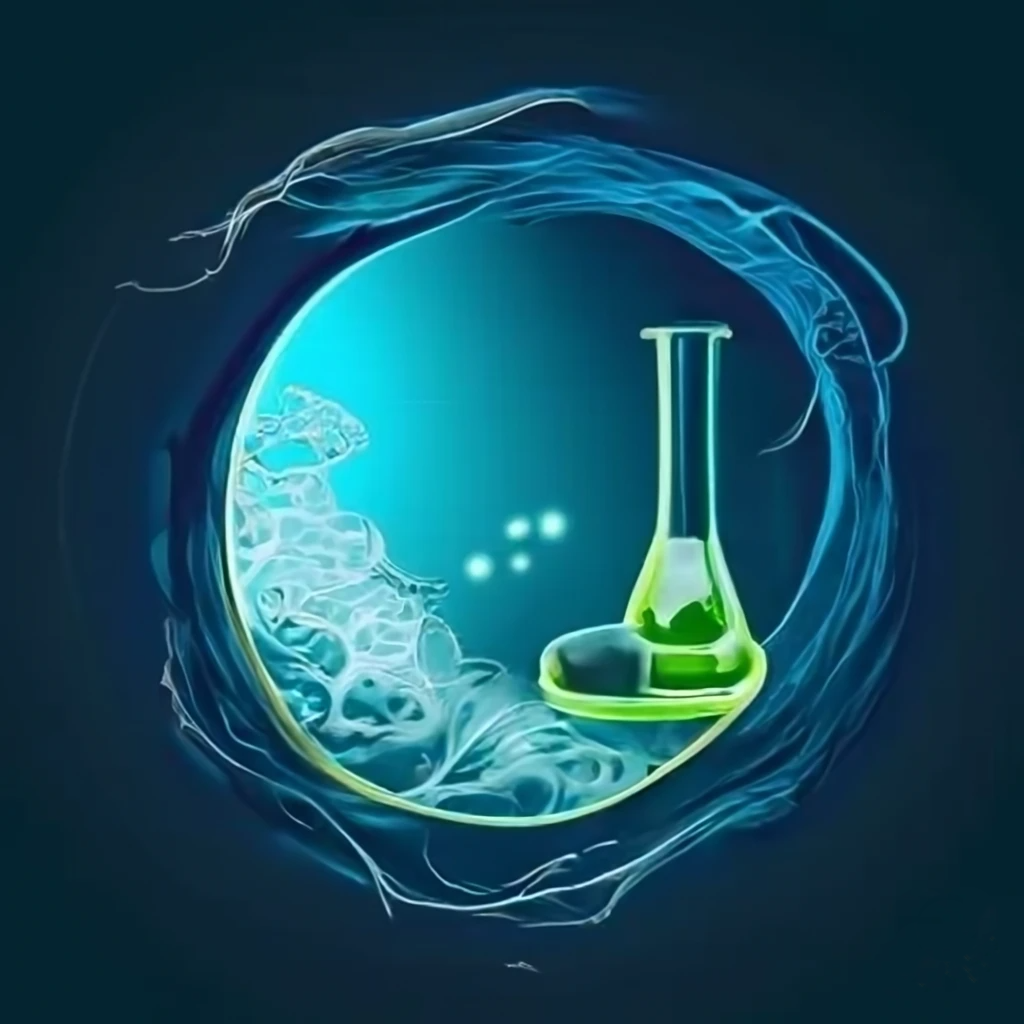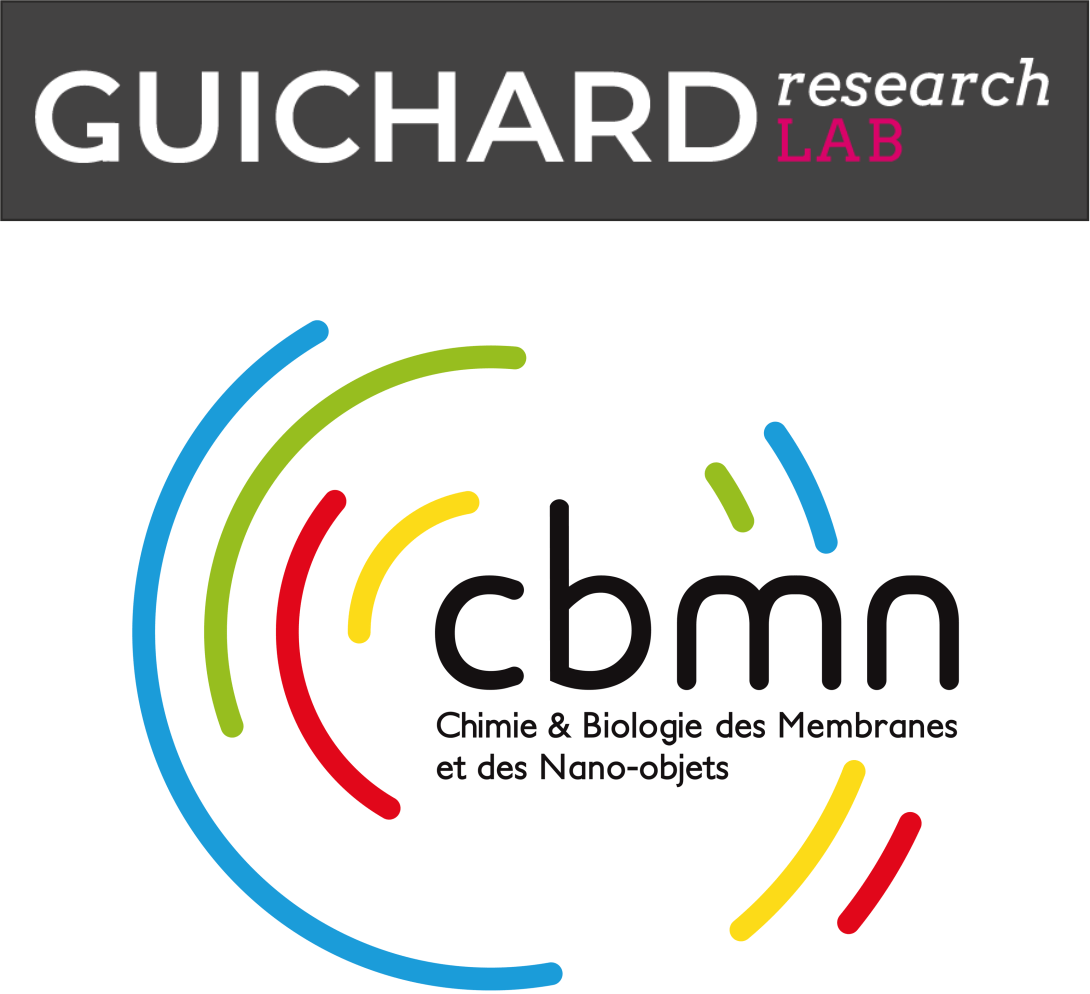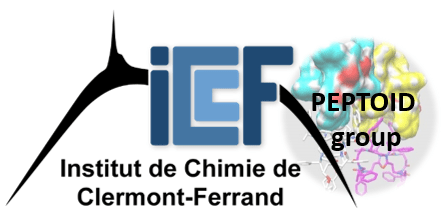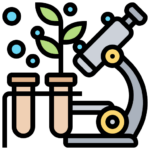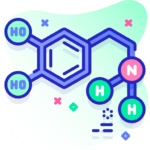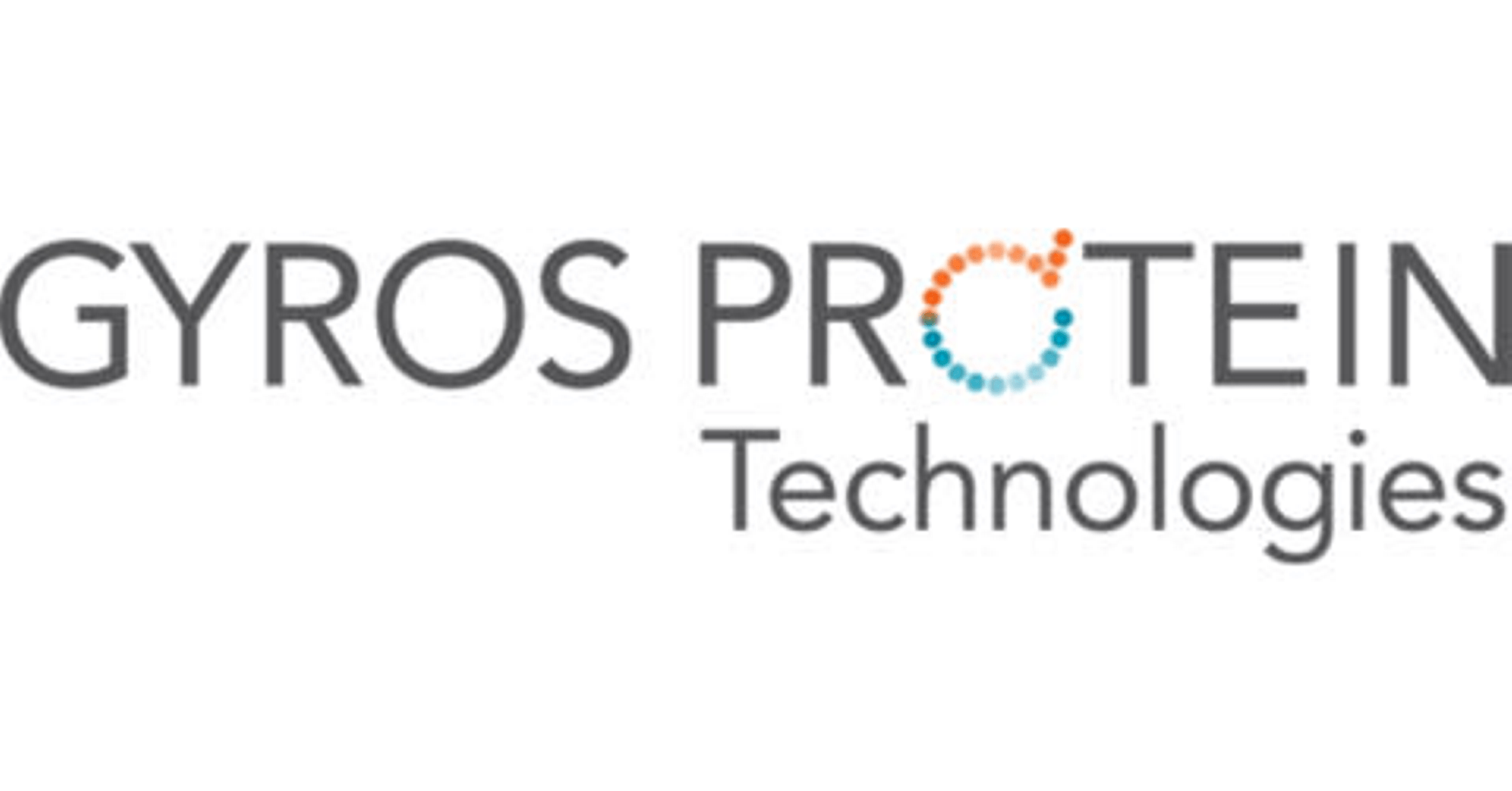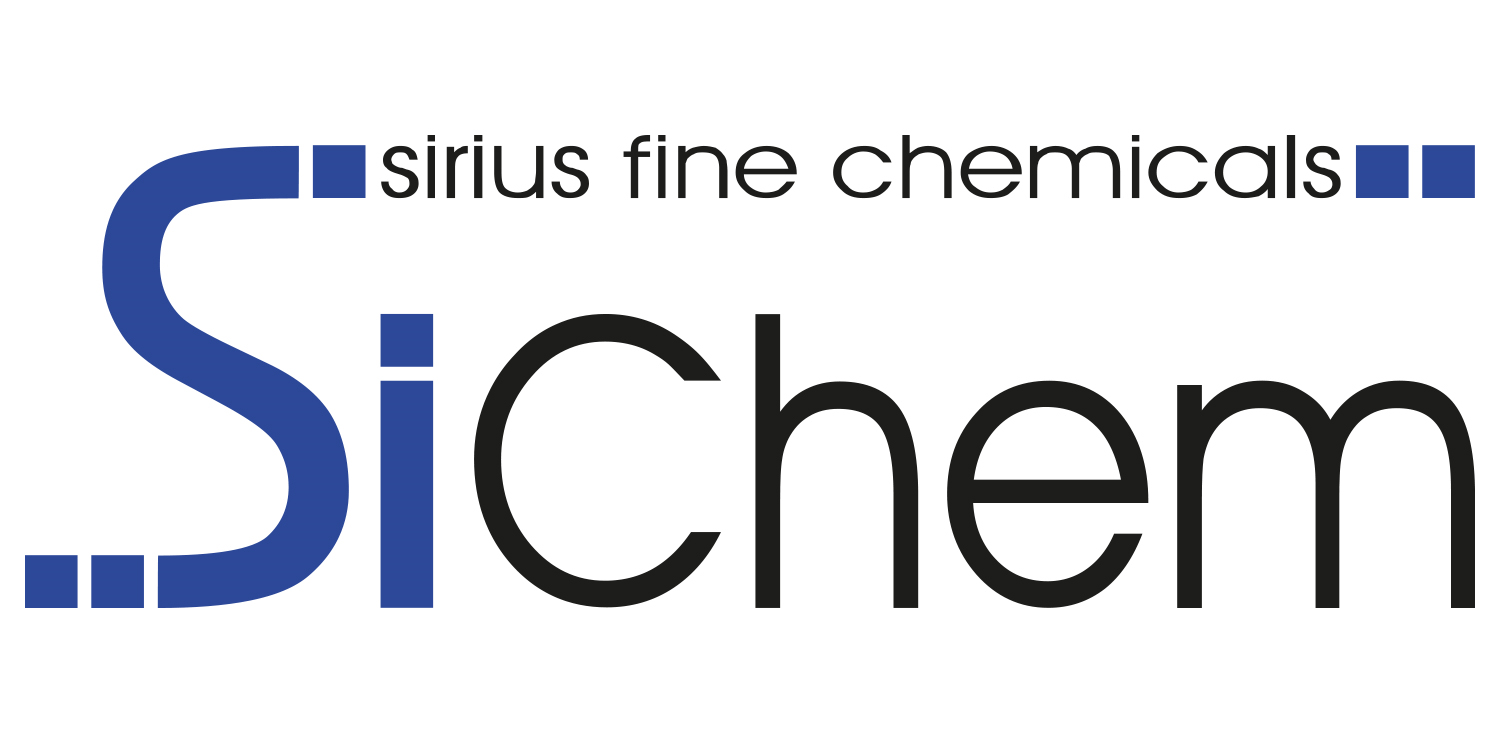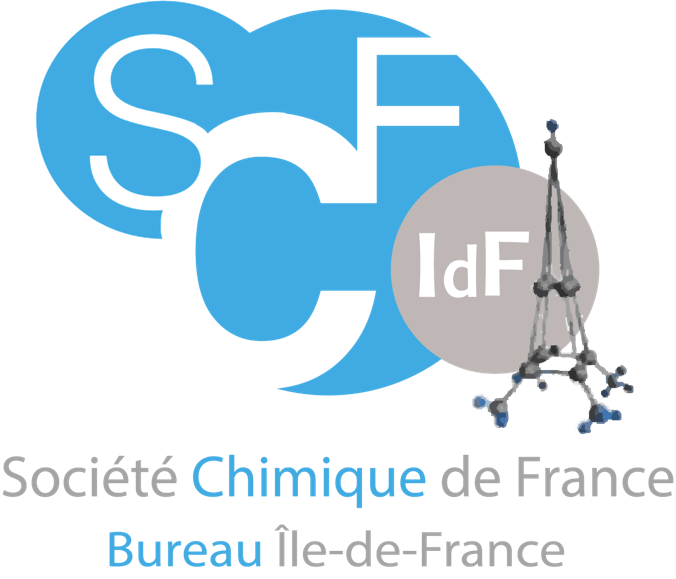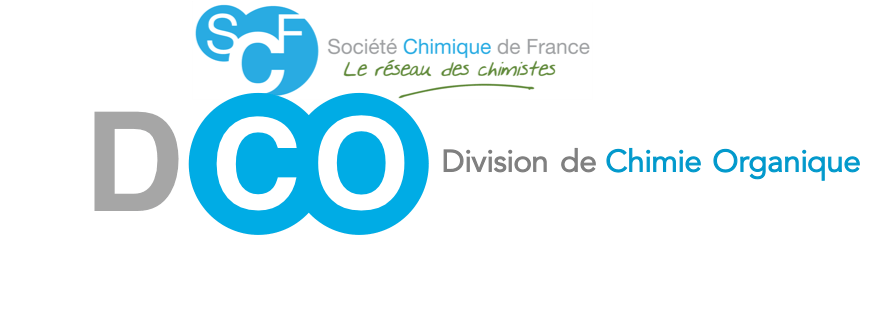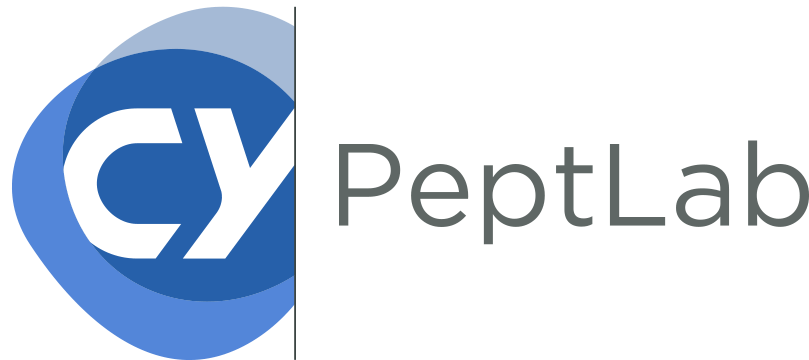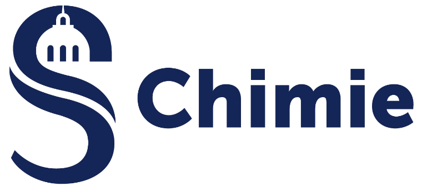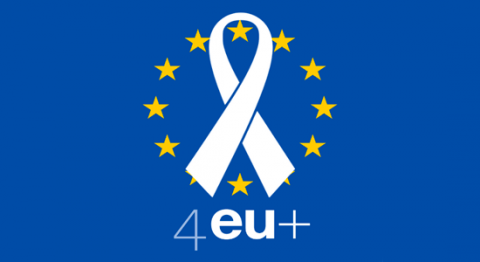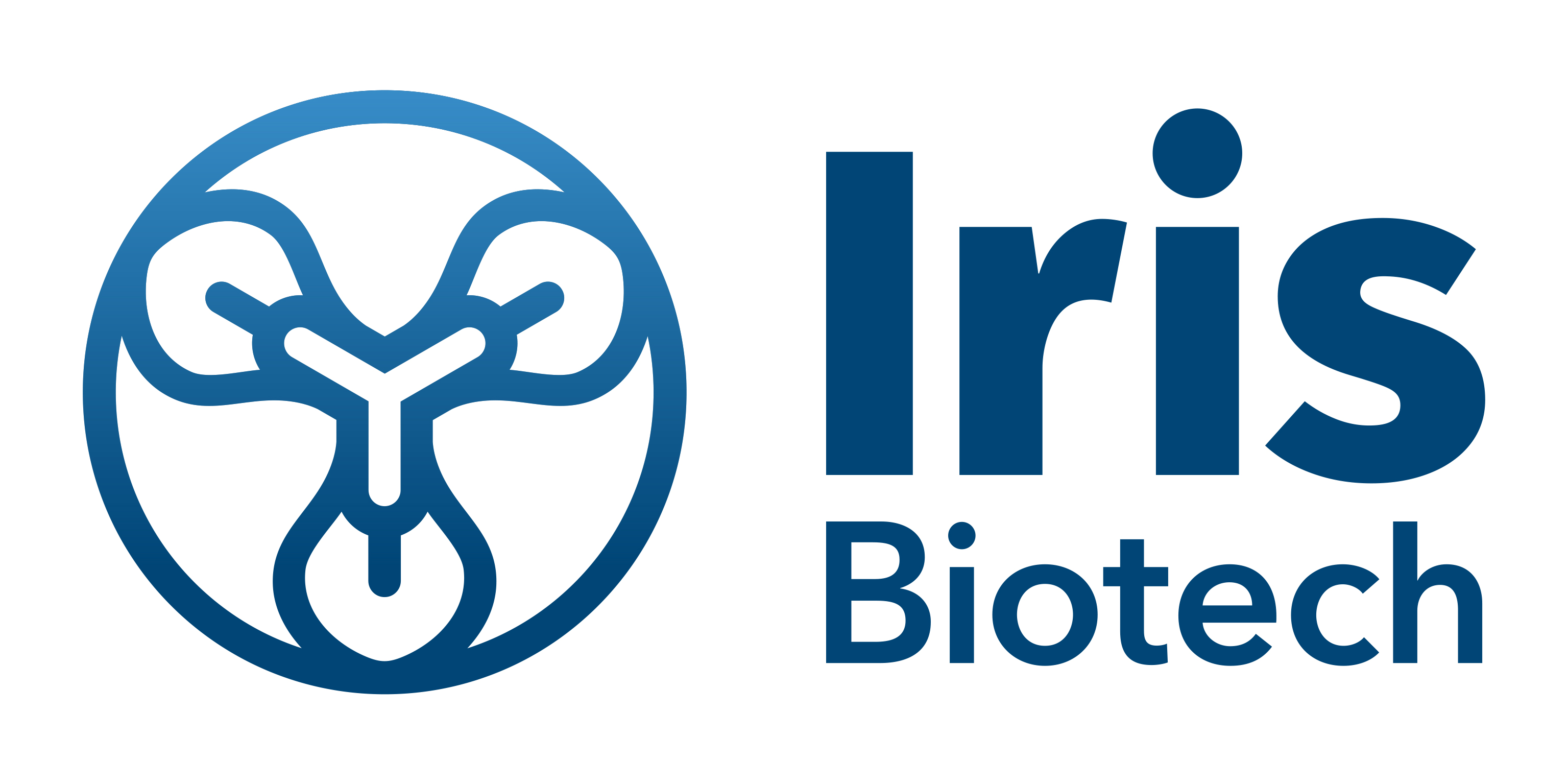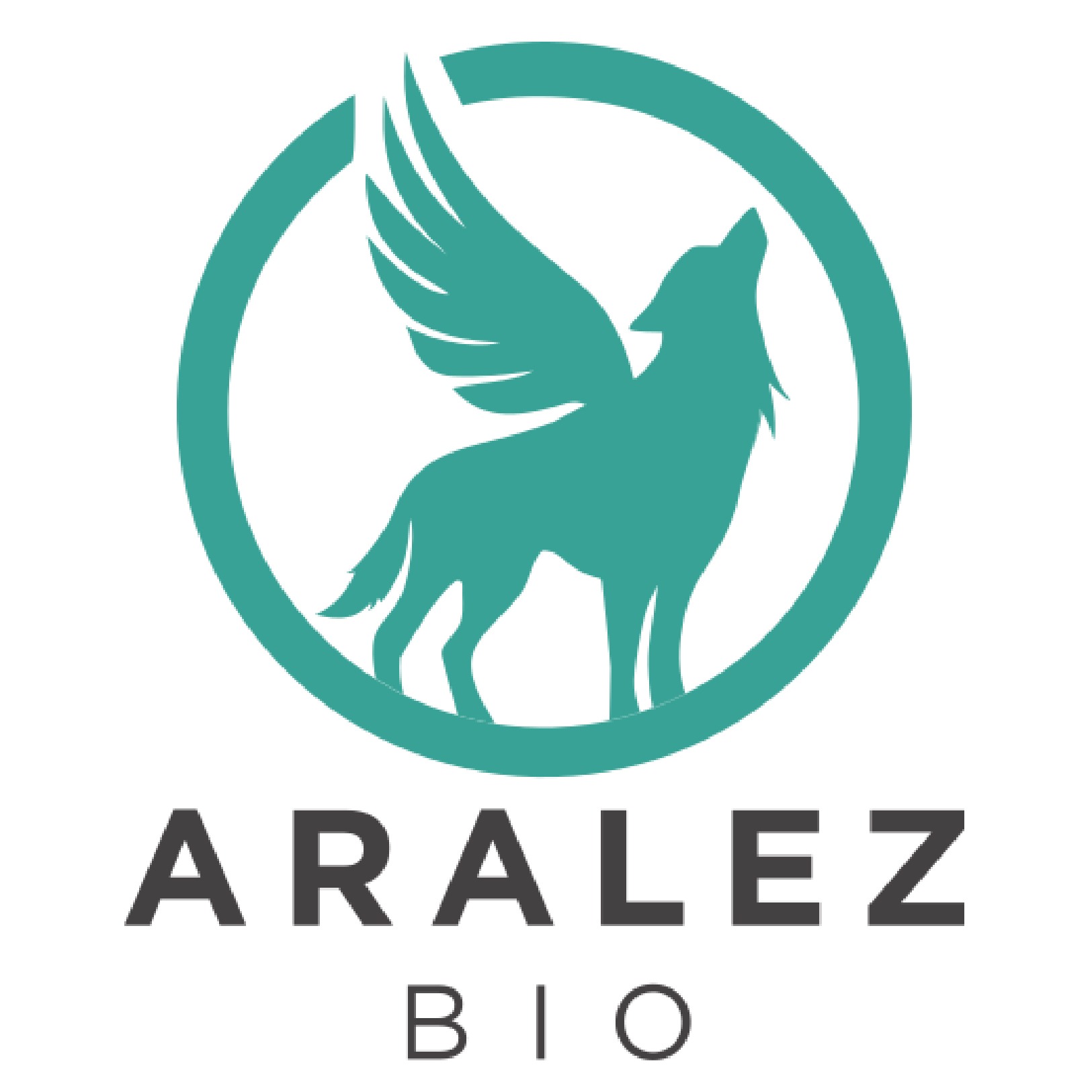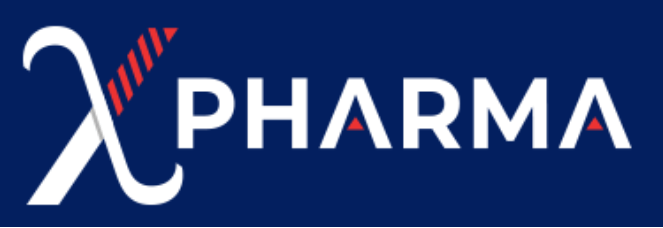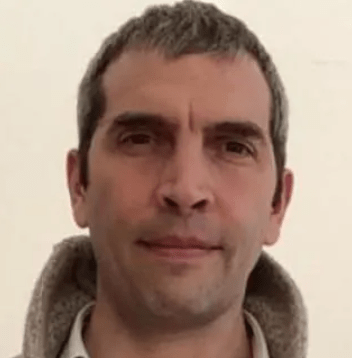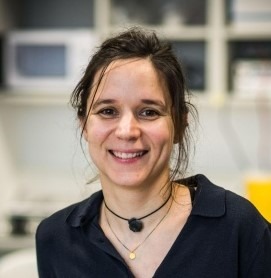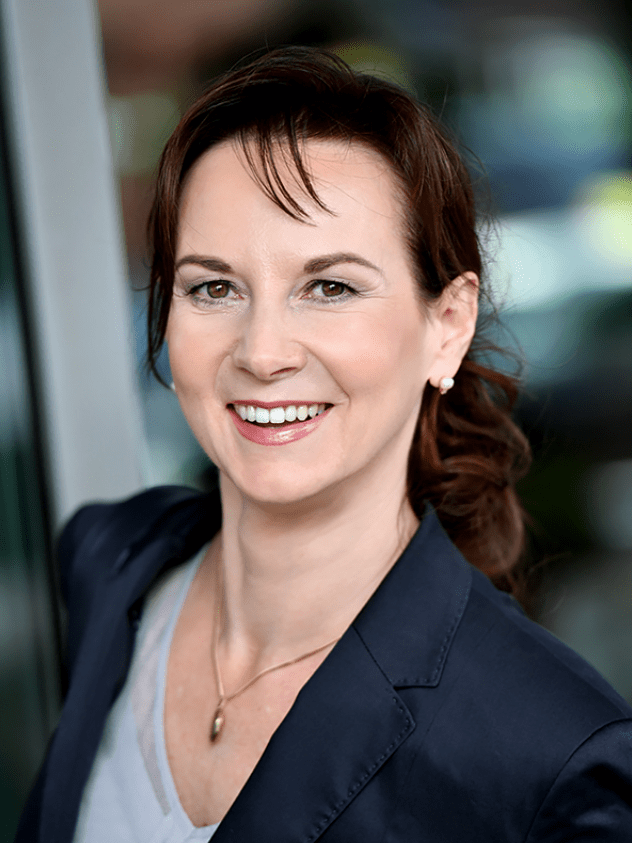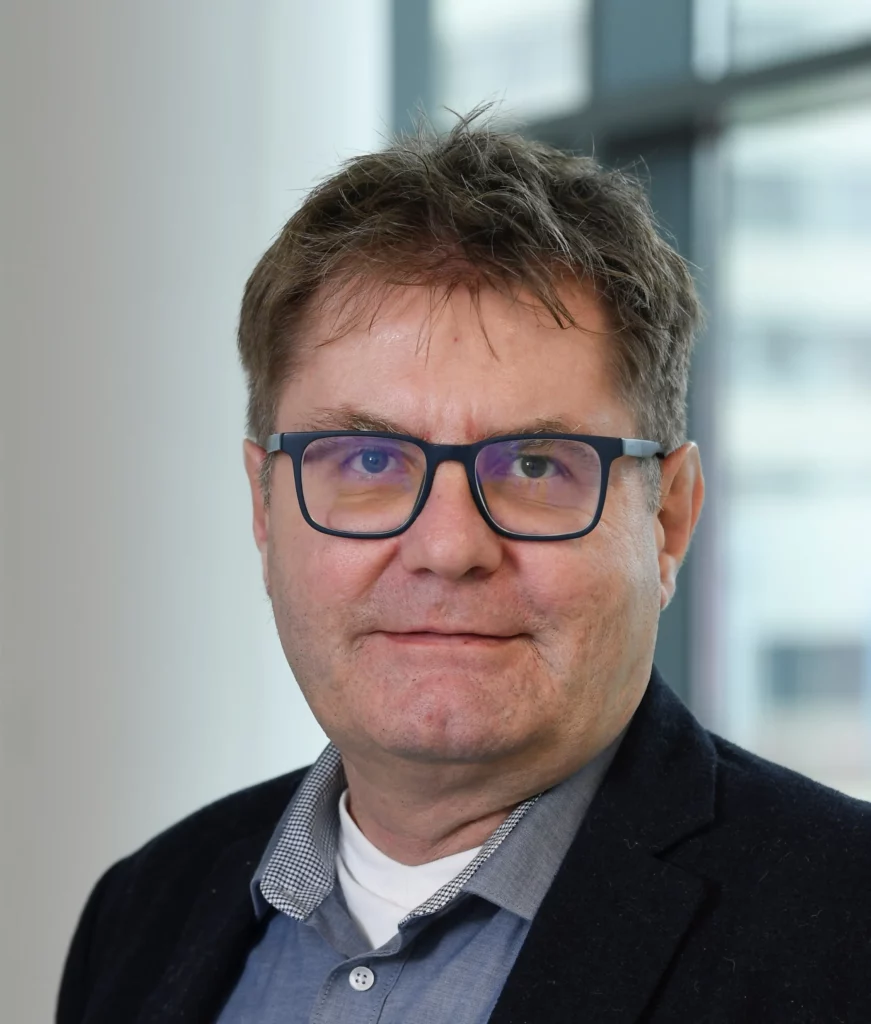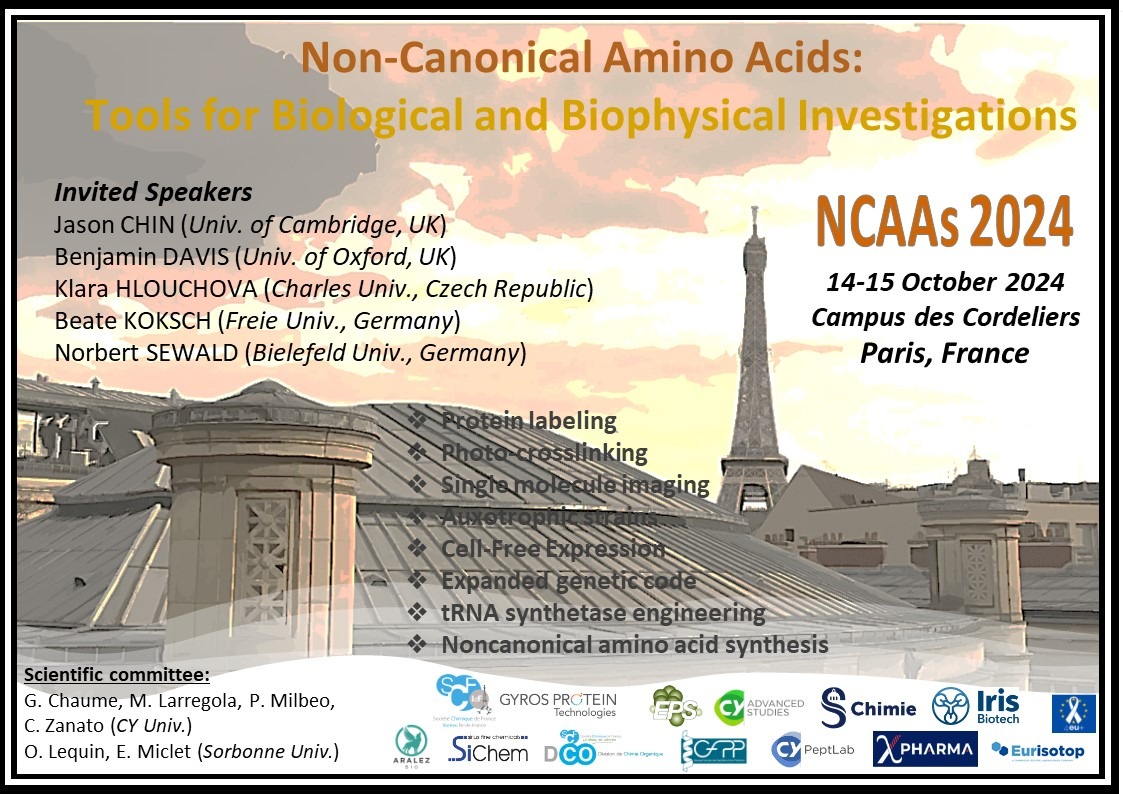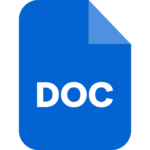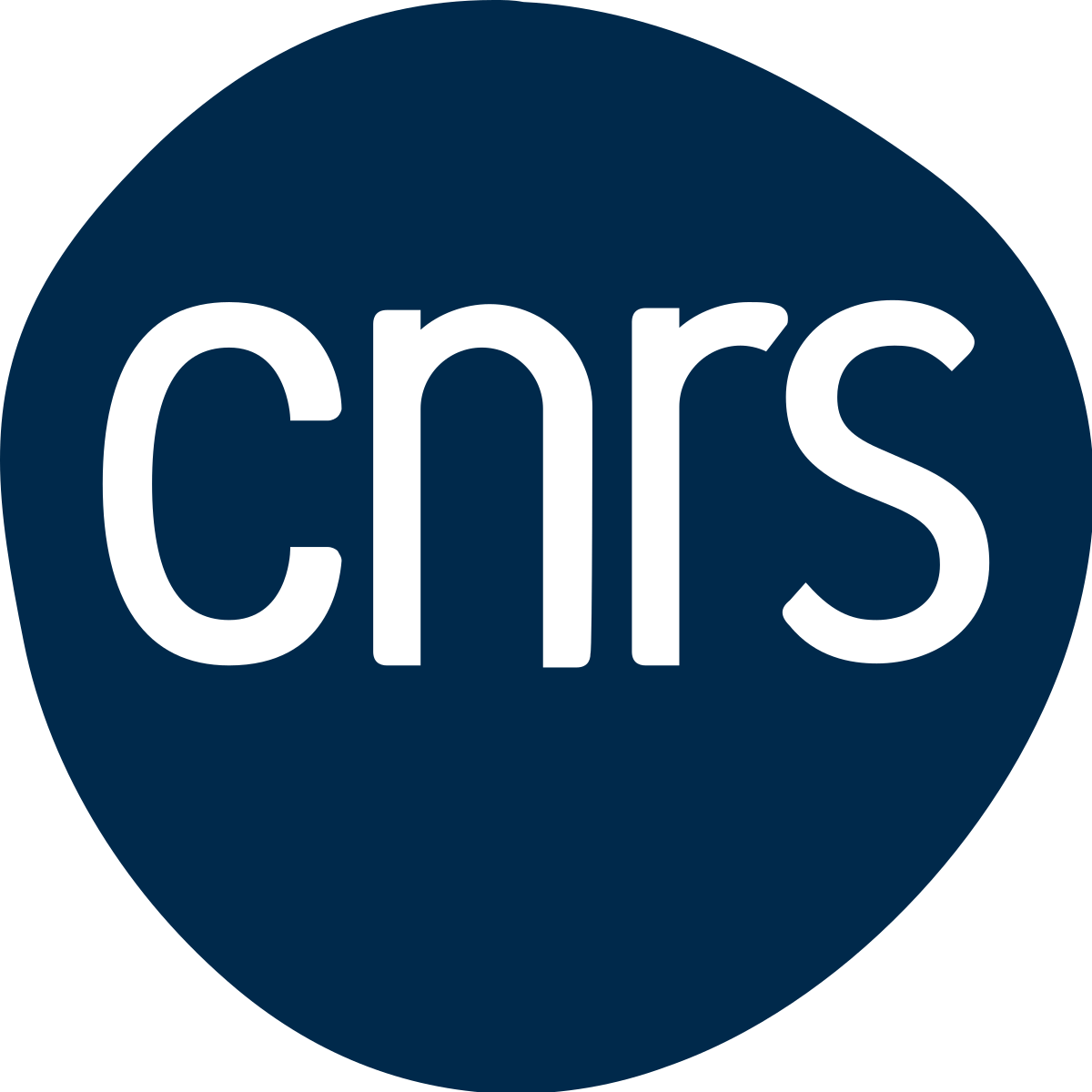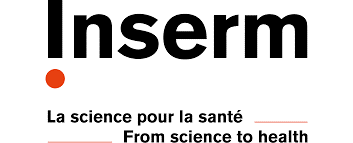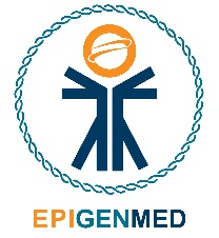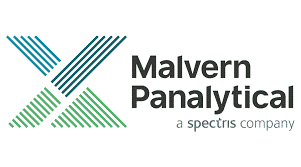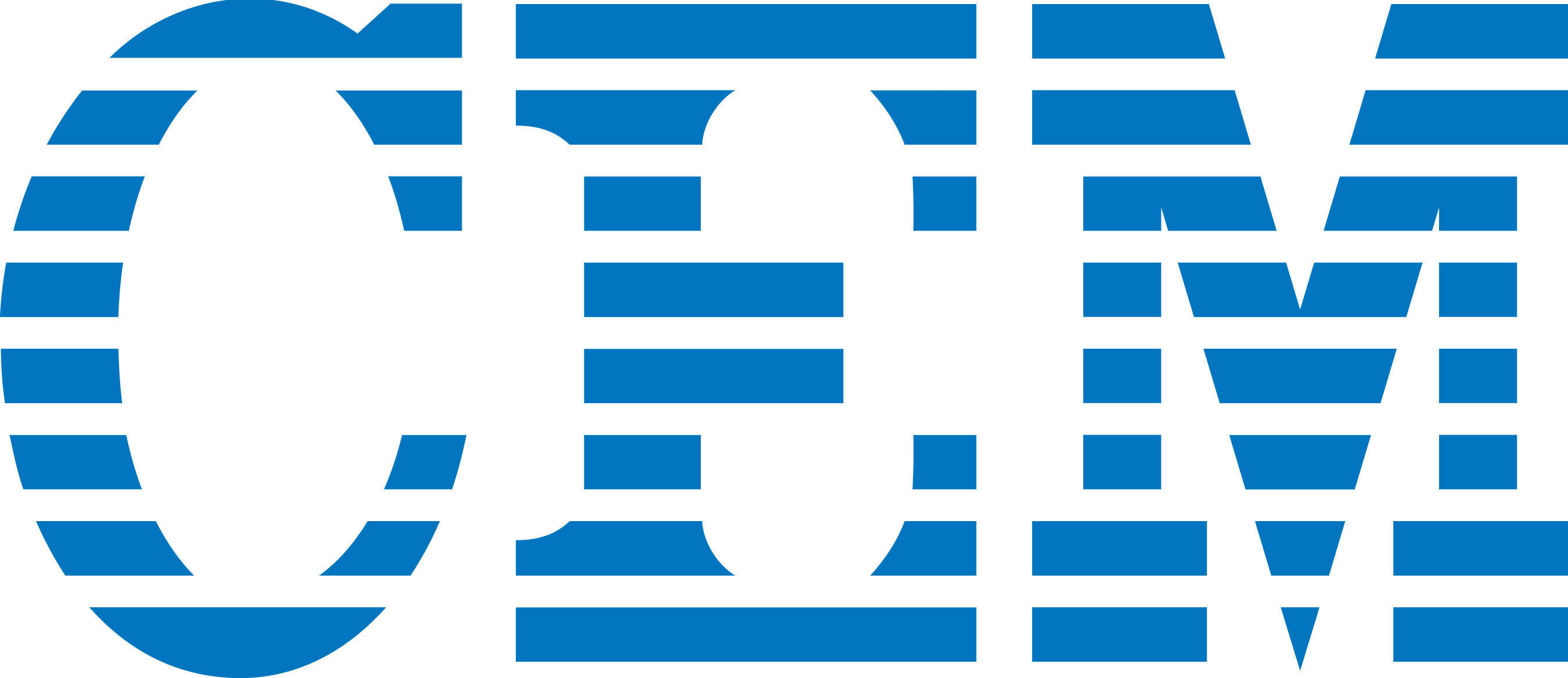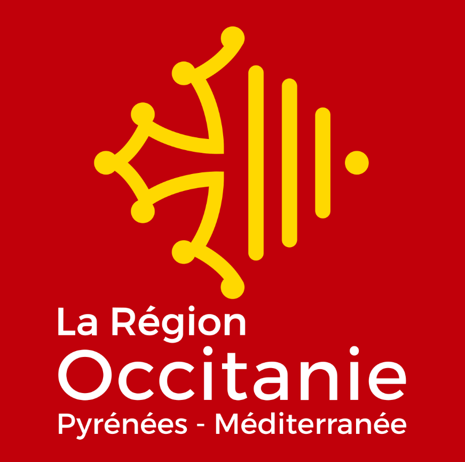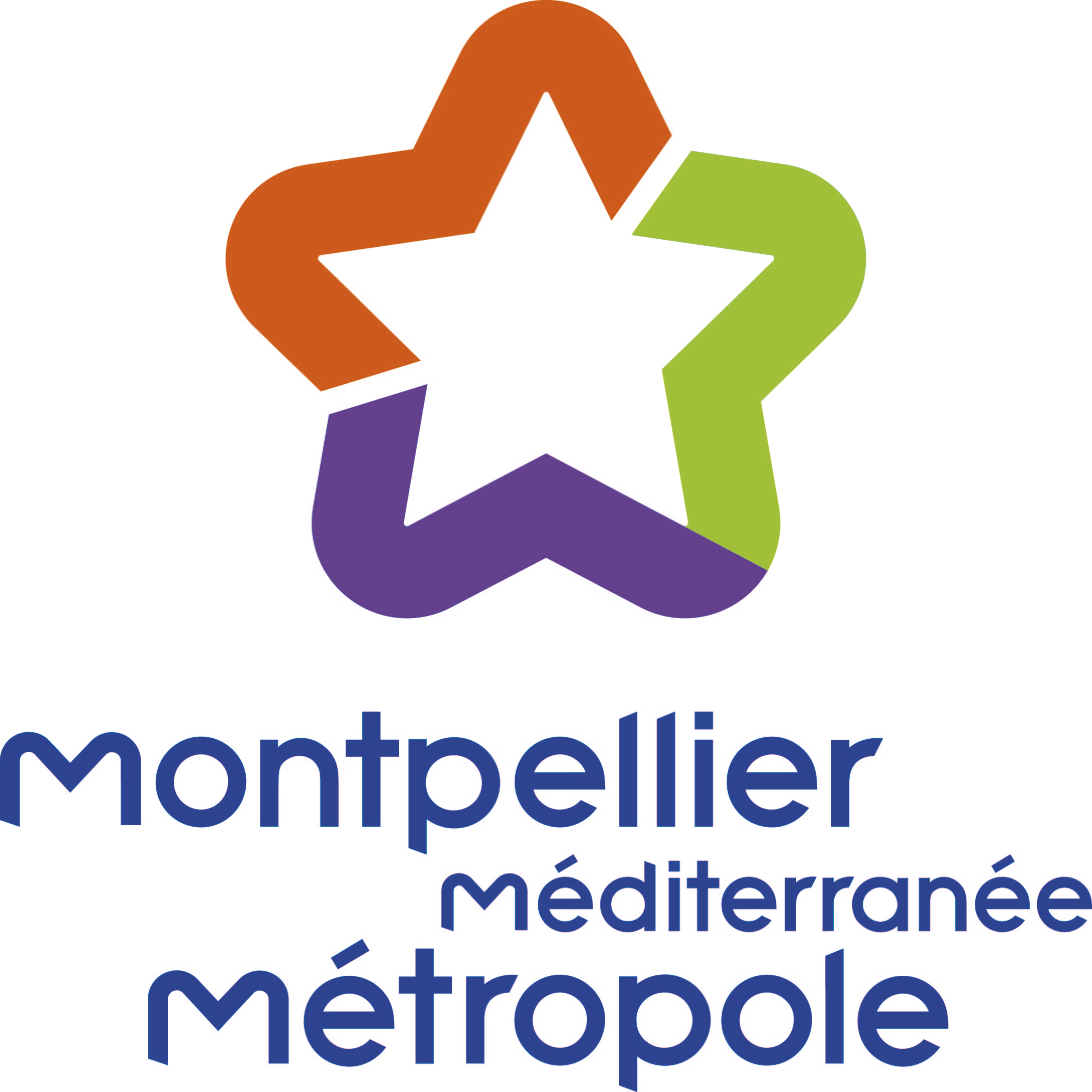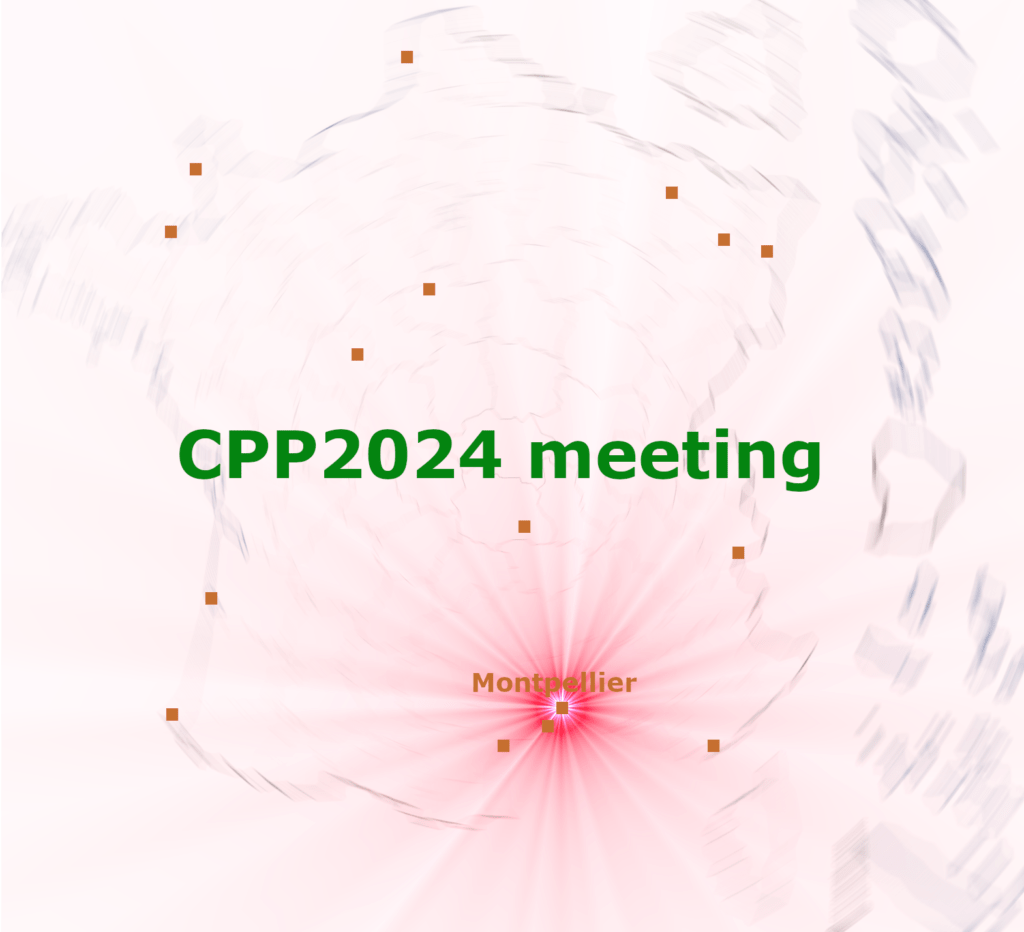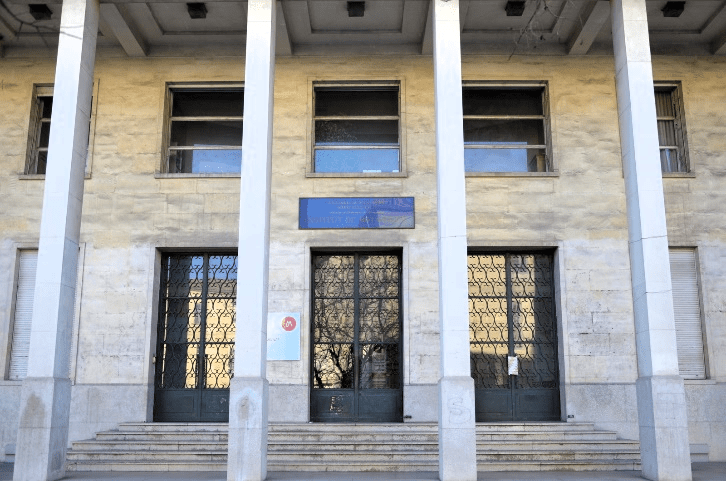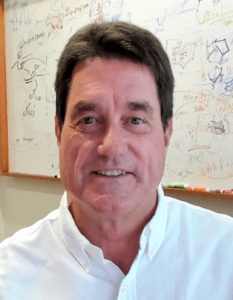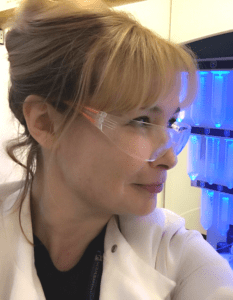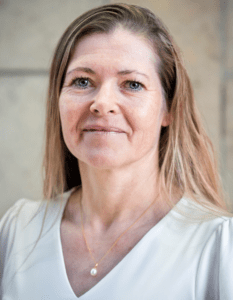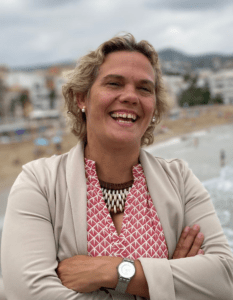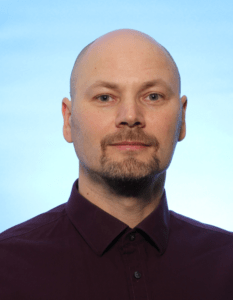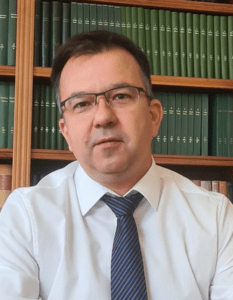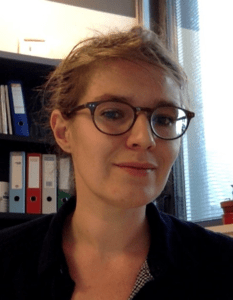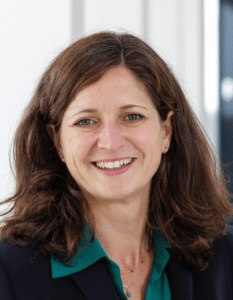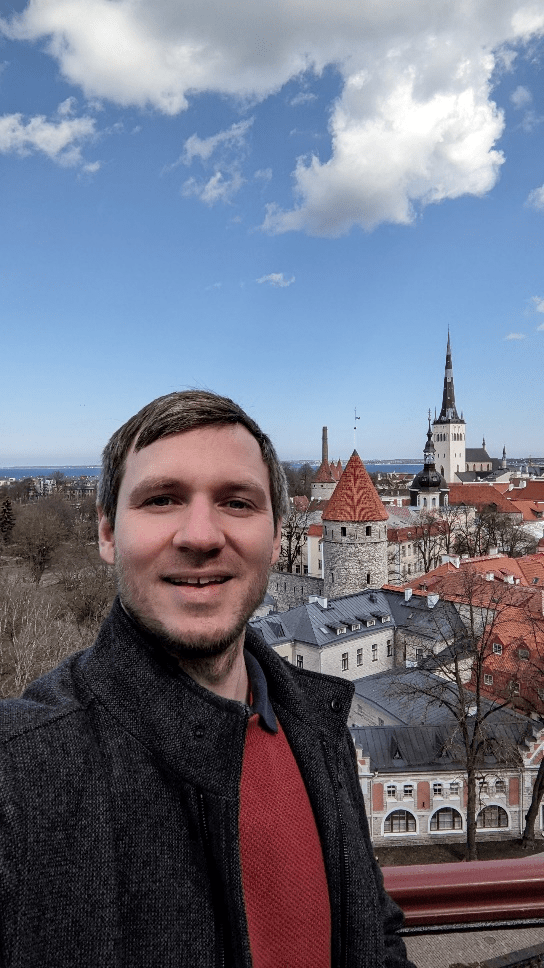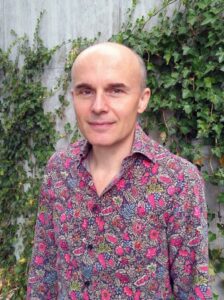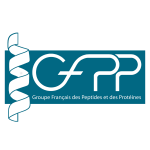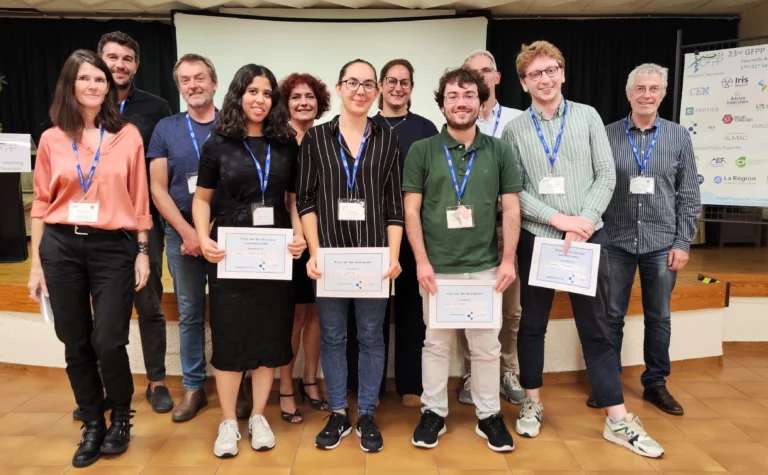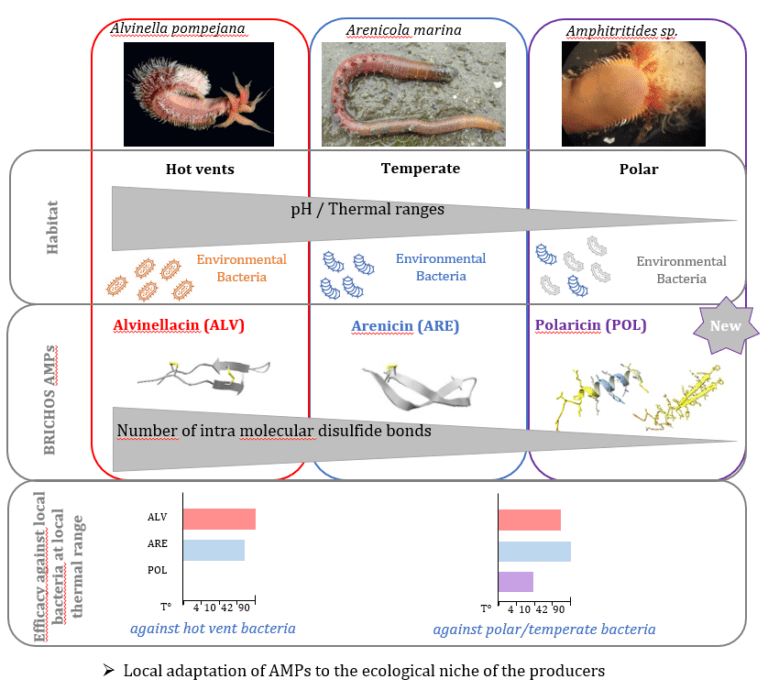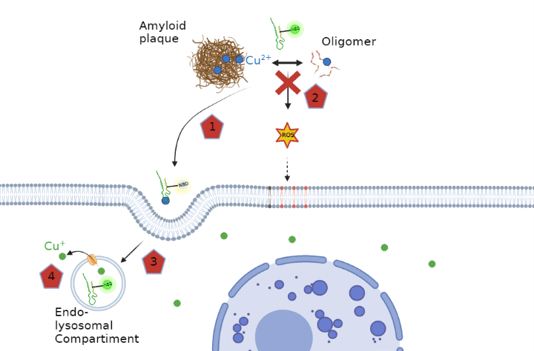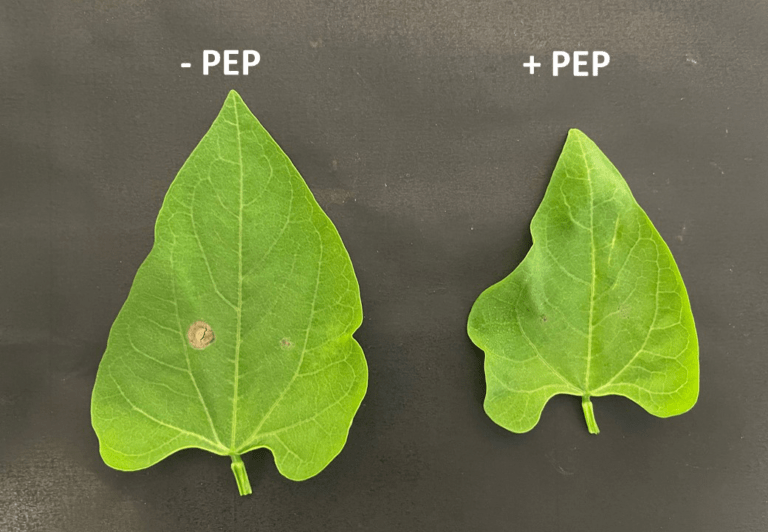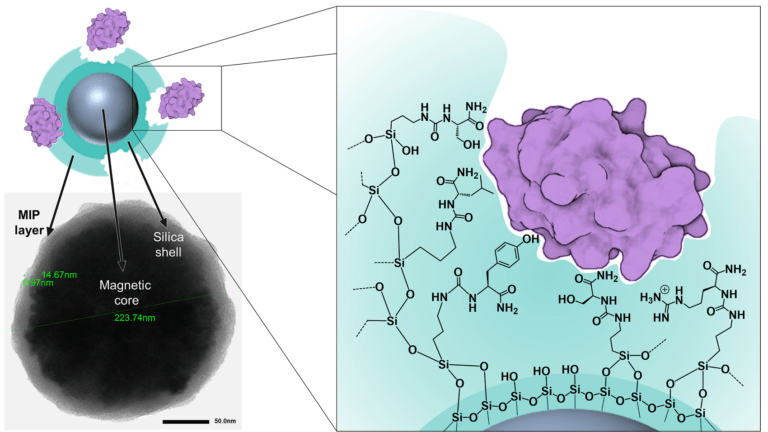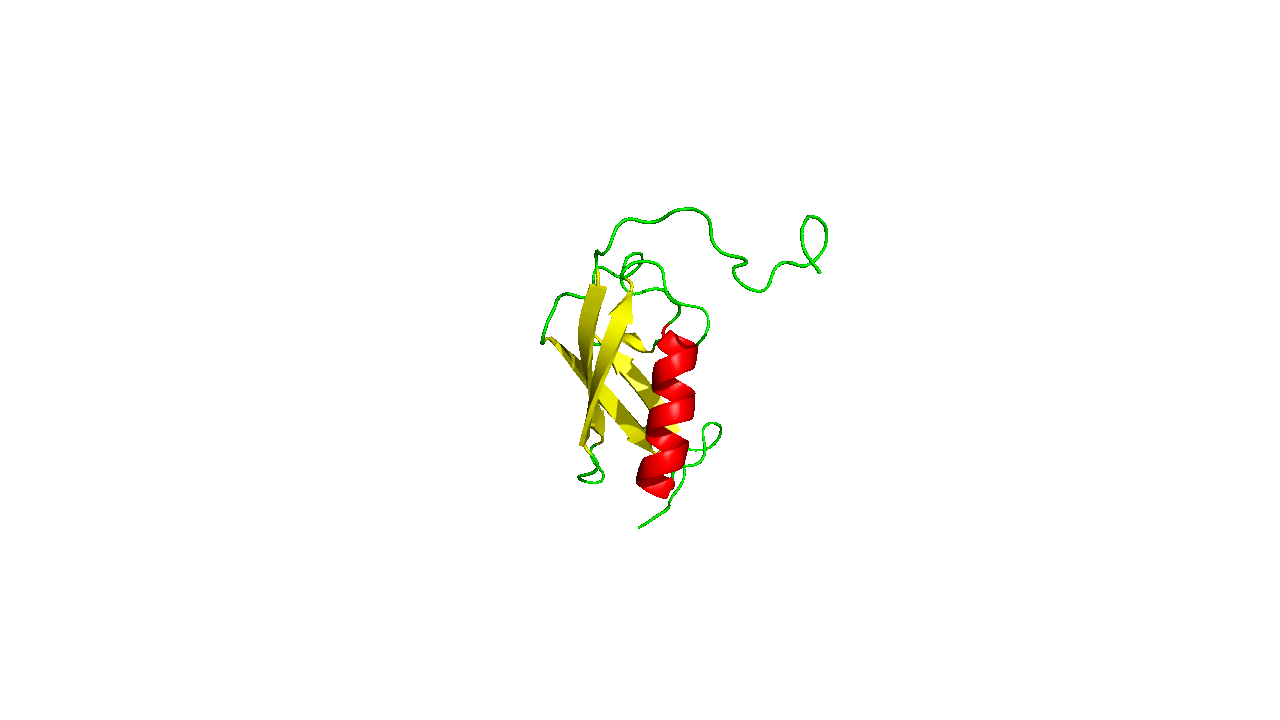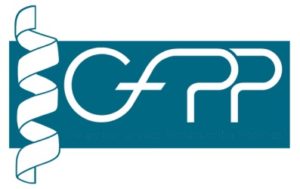
STATUTES OF THE FRENCH PEPTIDES AND PROTEINS GROUP (GFPP)
Updated and approved on 24/06/2025
ARTICLE 1 – NAME
An association governed by the French Law of 1 July 1901 and the Decree of 16 August 1901 was founded in 1992 under the name FRENCH PEPTIDES AND PROTEINS GROUP (GFPP).
ARTICLE 2 – PURPOSE
The GFPP is a non‑political, non‑profit organisation whose purpose is to promote the advancement of research and foster training in the sciences of peptides and proteins.
The purpose of the association is to:
1) Promote the development of research in the field of peptides and proteins.
2) Promote the dissemination of national and international scientific information in this field.
3) Contribute to the training of all individuals in the fundamental and practical concepts useful in the field of peptides and proteins.
ARTICLE 3 – REGISTERED OFFICE
The registered office is located at:
Sorbonne Université, Laboratoire Chimie Physique et Chimie du Vivant (CPCV), Campus Pierre and Marie Curie, 4 Place Jussieu, 75005 Paris.
It may be transferred by simple decision of the Board of Directors.
ARTICLE 4 – DURATION
The duration of the association is unlimited.
ARTICLE 5 – MEANS OF ACTION
To fulfil its missions, the association intends to:
– Organise and support scientific events that highlight all disciplines involved in the field of peptides and proteins, such as, without limitation, chemistry, physical chemistry, biochemistry, biology and bioinformatics.
– Award grants to encourage young researchers working in French laboratories to participate in national or international congresses or workshops on peptides and proteins, and to enable the training of students and any individual in the research profession in this field.
– Provide, upon request, financial support for the organisation of training stays for individuals from one French laboratory in a partner laboratory.
– Make available to the community the communication and information tools set up and managed by the association (website, newsletter or any other type of publication, social networks).
ARTICLE 6 – MEMBERSHIP
The association is composed of:
Ex officio members
Any person who registers to participate in the Congress organised by the association during year N becomes an ex officio member for two years, provided they accept this status.
Honorary members
These are individuals invited by the General Assembly for their expertise or authority. This honorary title may also be granted by the Board of Directors to individuals who have rendered notable services to the association.
Honorary members may attend General Assemblies in an advisory capacity. They are neither voters nor eligible for election.
Benefactor members
These are individuals who have made a significant financial contribution, or who have provided tangible or real‑estate contributions to the association.
Individuals who apply
Persons who apply and demonstrate activity in the field of peptides and proteins may become members for two years, renewable once. The Board of Directors decides on admissibility.
Legal entities may also be members and are represented by their legal representative or any duly authorised person. Regardless of the number of representatives, a legal entity has only one vote.
ARTICLE 7 – LOSS OF MEMBERSHIP
Membership is lost:
– by resignation addressed by letter to the President;
– by death;
– by dissolution, liquidation or merger of a legal entity;
– by exclusion decided by the Board of Directors for serious grounds, after the concerned member has been invited to provide explanations.
In this case, the decision is notified within ten days by registered letter.
ARTICLE 8 – RESOURCES OF THE ASSOCIATION
The association’s resources consist of:
– subsidies granted by the State or public bodies;
– donations, including sponsorship;
– interest and income from assets belonging to the association;
– capital resulting from savings on the annual budget;
– any resource authorised by law;
– fees for services provided by the association.
If donations or subsidies exceed a legally defined threshold, the association undertakes to:
– present its registers and accounting documents upon request by the Ministry of the Interior or regional authorities;
– submit an annual activity and financial report to the Legal and Administrative Information Direction;
– allow inspection of its facilities by ministerial delegates and report on operations.
ARTICLE 9 – ACCOUNTING
Day‑to‑day accounting of income and expenditure is maintained.
ARTICLE 10 – BOARD OF DIRECTORS
Composition
The association is governed by a Board of Directors composed of 13 members, including 12 elected for six years by the General Assembly held during the Congress.
The French Representative of the European Peptide Society (EPS) is an ex officio member.
Eligibility
Candidates must:
– be members;
– submit their candidacy no later than the day of the General Assembly during the Congress.
The President must inform members at least 15 days in advance of the date, number of available seats, candidacy deadlines, and the agenda.
Voting
Elections are by single‑round plurality vote.
Majority
Decisions are taken by a majority of members present or represented.
Proxies
Proxy voting is authorised (maximum two mandates per member). Blank proxies go to the President.
Postal voting is prohibited.
Renewal
The Board is renewed by thirds every two years; outgoing members are eligible.
Vacancy
Vacancies are temporarily filled by the Board until the next General Assembly.
Members whose terms expire remain in office until new elections.
The Board exercises all powers not reserved for the General Assembly and may delegate specific powers temporarily.
ARTICLE 11 – MEETINGS OF THE BOARD
The Board meets whenever necessary and at least twice per year, convened by the President or at the request of one quarter of its members.
Decisions are taken by simple majority; the President has the casting vote.
One third of members must be present for deliberations.
Proxy rules follow those of Article 10.
The agenda is set by the President. Members may request items be added 48 hours before the meeting.
Experts may be invited in an advisory capacity.
Minutes are signed by the President and Secretary.
ARTICLE 12 – EXECUTIVE BOARD
The Board of Directors elects from among its members an Executive Board composed of:
– a President;
– a Vice‑President (if necessary);
– a Secretary;
– a Treasurer.
The Executive Board implements Board decisions and acts under its delegation.
It meets whenever necessary and may invite experts in an advisory capacity.
Minutes are signed by the President and the Secretary.
ARTICLE 13 – THE PRESIDENT
The President ensures implementation of Board decisions and the proper functioning of the association. He/she represents the association in all civil matters and may act in court with Board authorisation.
The President convenes General Assemblies and Board meetings, presides over them, and manages bank accounts.
He/she may delegate certain powers but representation in court requires a special mandate.
ARTICLE 14 – THE SECRETARY
The Secretary manages correspondence and archives, drafts minutes of meetings, and handles all administrative documents except financial ones.
ARTICLE 15 – THE TREASURER
The Treasurer manages the finances, collects revenue, makes payments under the President’s supervision, keeps regular accounts, and reports to the General Assembly.
Certain expenses require Board authorisation. The Treasurer manages bank accounts.
ARTICLE 16 – GRATUITY OF MANDATE
Board members receive no remuneration for their functions. Reimbursement of expenses is possible upon Board decision with supporting documents.
ARTICLE 17 – GENERAL ASSEMBLIES
The General Assembly comprises all members.
Decisions are binding. Meetings may be ordinary or extraordinary.
Proxy voting rules follow those of Article 10.
Decisions are taken by show of hands unless secret ballot is requested.
ARTICLE 18 – ORDINARY GENERAL ASSEMBLY
The General Assembly meets annually and whenever necessary, convened by the President or one quarter of members.
The agenda is set by the Board and sent at least 15 days before the meeting.
Questions submitted 20 days in advance are added to the agenda.
The Assembly hears reports, approves accounts, and elects Board members.
The Assembly may meet by videoconference.
In Congress years, the General Assembly is held during the Congress.
The following year, a simplified Assembly may be held with at least two‑thirds of Board members present or represented.
ARTICLE 19 – EXTRAORDINARY GENERAL ASSEMBLY
The Extraordinary General Assembly alone may modify the statutes, dissolve the association, decide on asset allocation, or merge with another association of similar purpose.
It must be convened specifically 15 days in advance. The agenda and proposed amendments must be included.
Decisions require a two‑thirds majority of members present or represented and may be taken by videoconference.
ARTICLE 20 – DISSOLUTION
In case of voluntary or judicial dissolution, one or more liquidators are appointed and assets are allocated in accordance with the Law of 1 July 1901 and the Decree of 16 August 1901.
ARTICLE 21 – INTERNAL REGULATIONS
The Board may establish internal regulations to specify execution details of the statutes. These must be approved by the General Assembly.
ARTICLE 22 – FORMALITIES
The President, on behalf of the Executive Board, is responsible for all formal declarations and publications required by law.
The Board may grant express mandate to any person to carry out these formalities.
